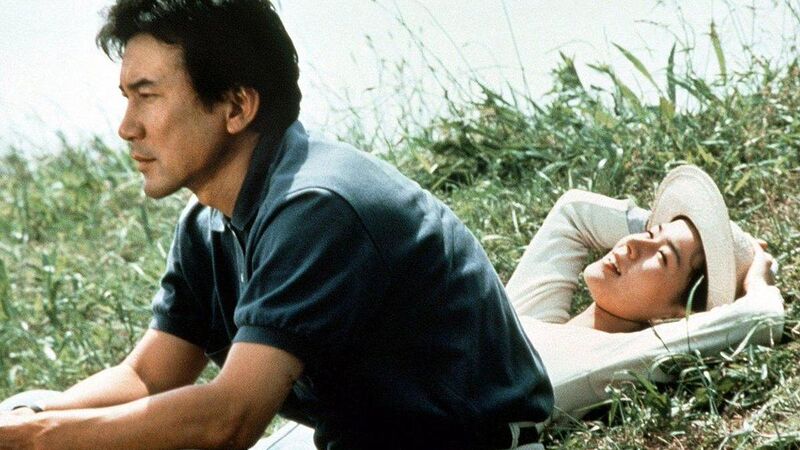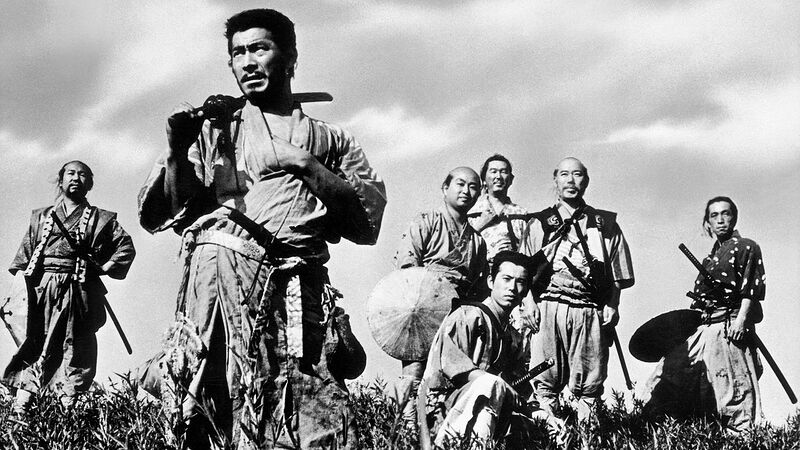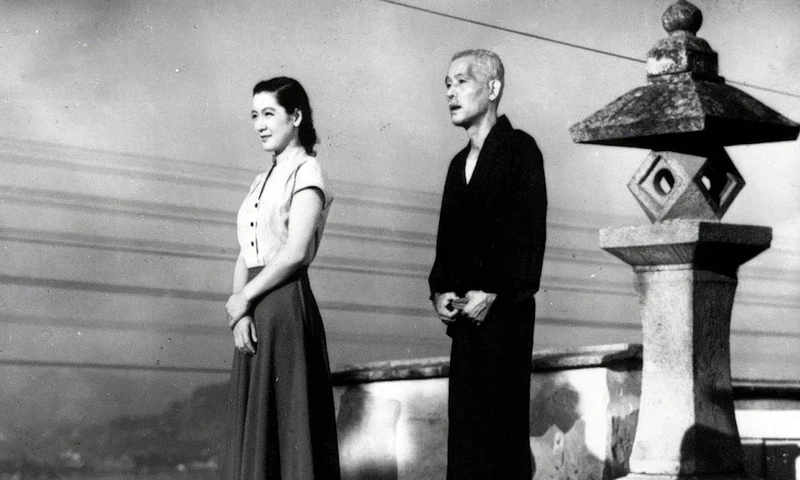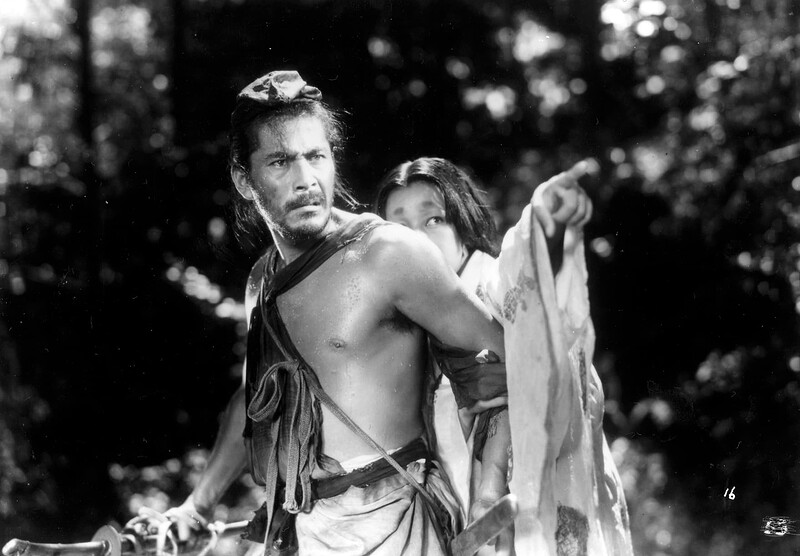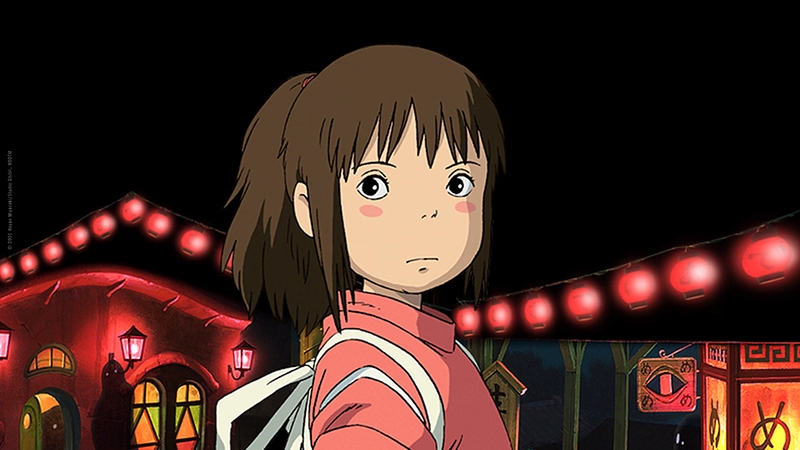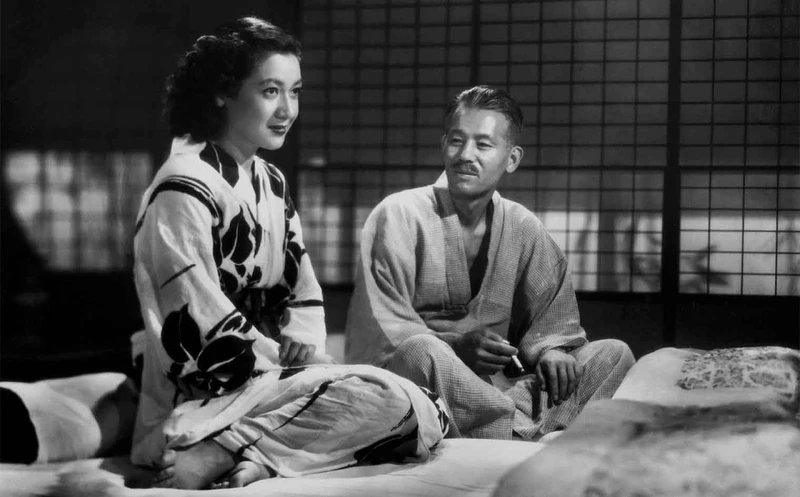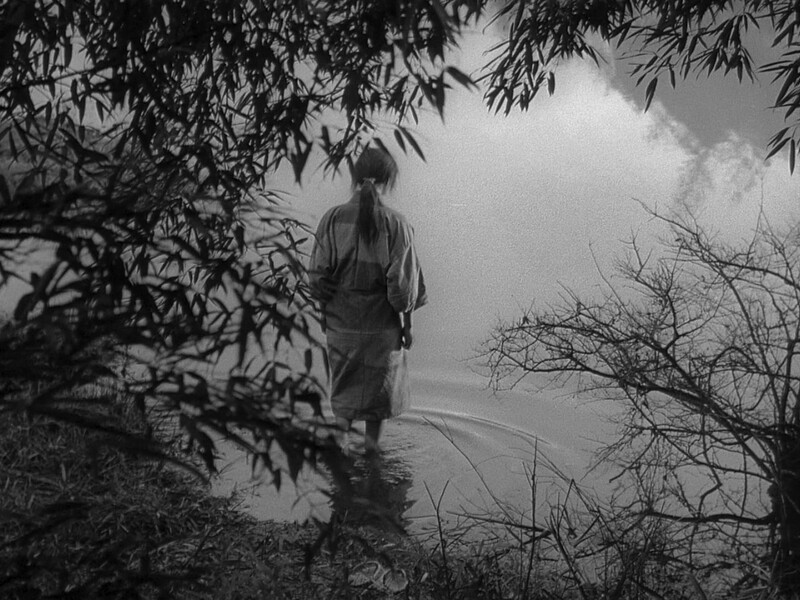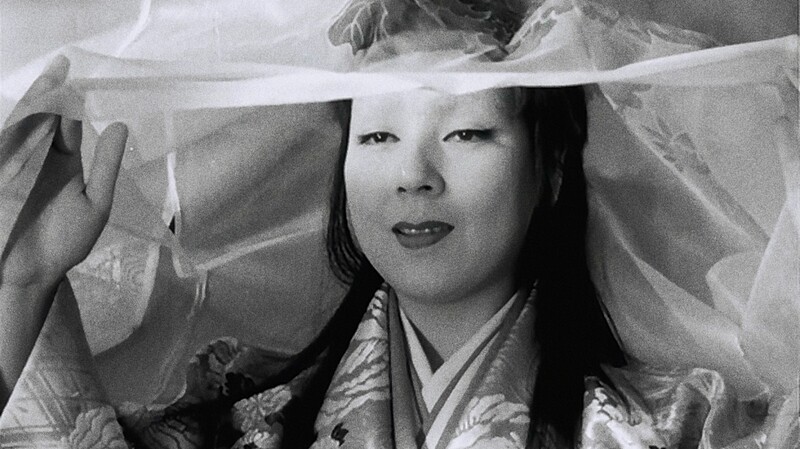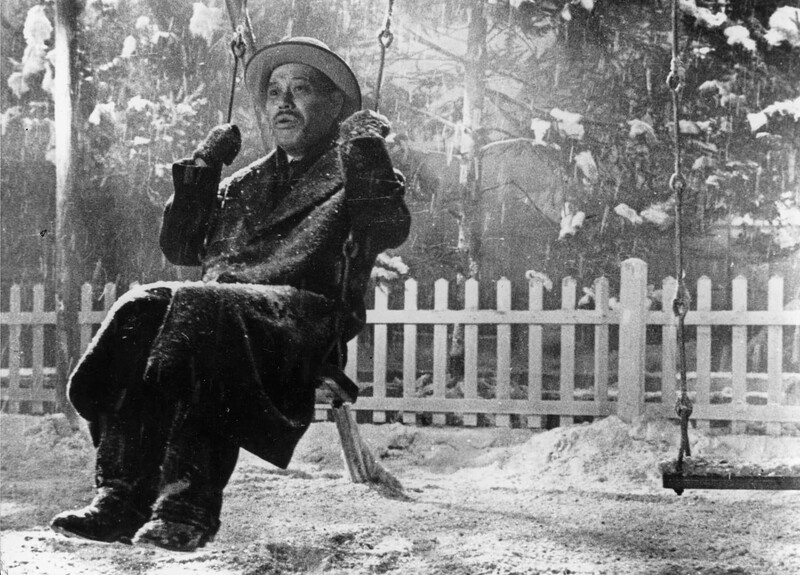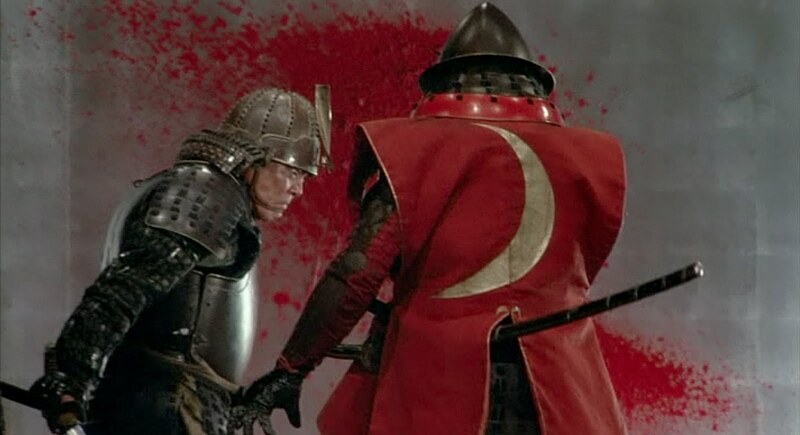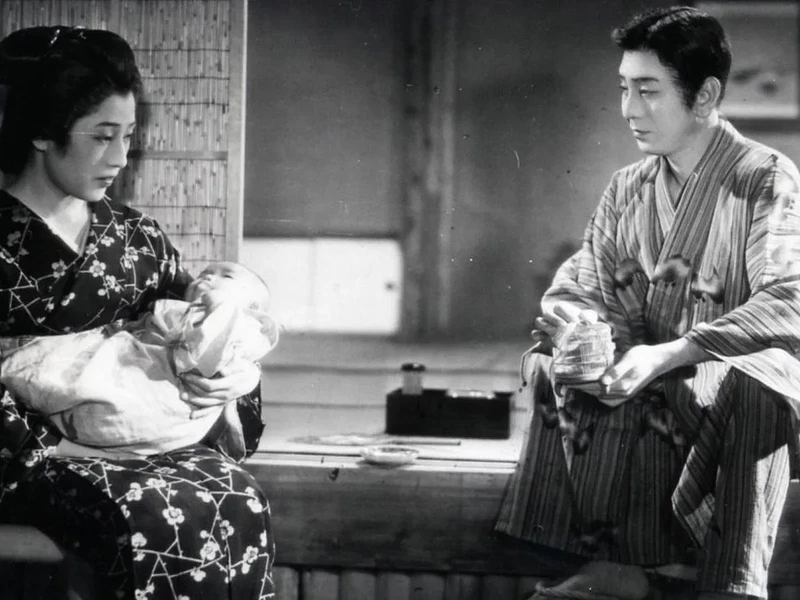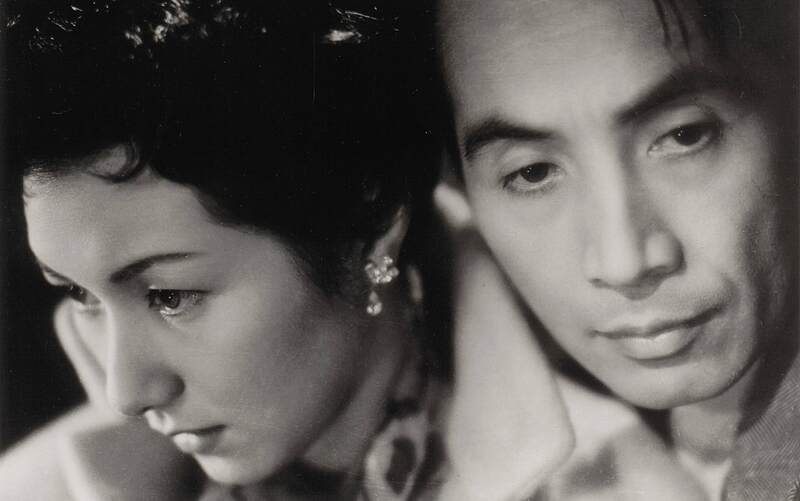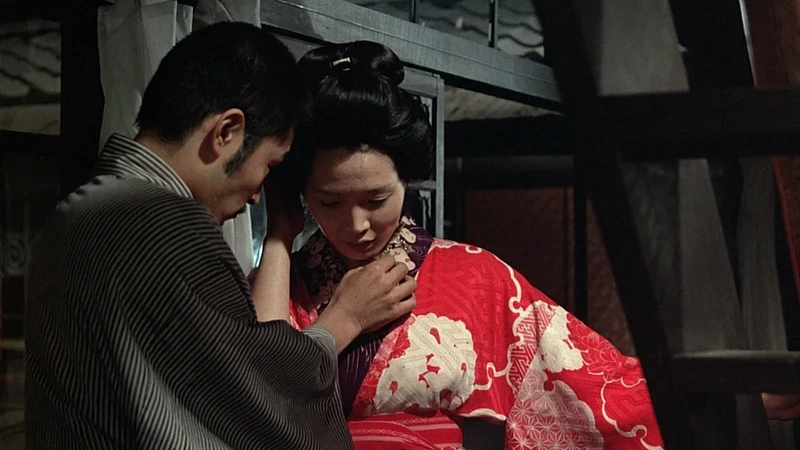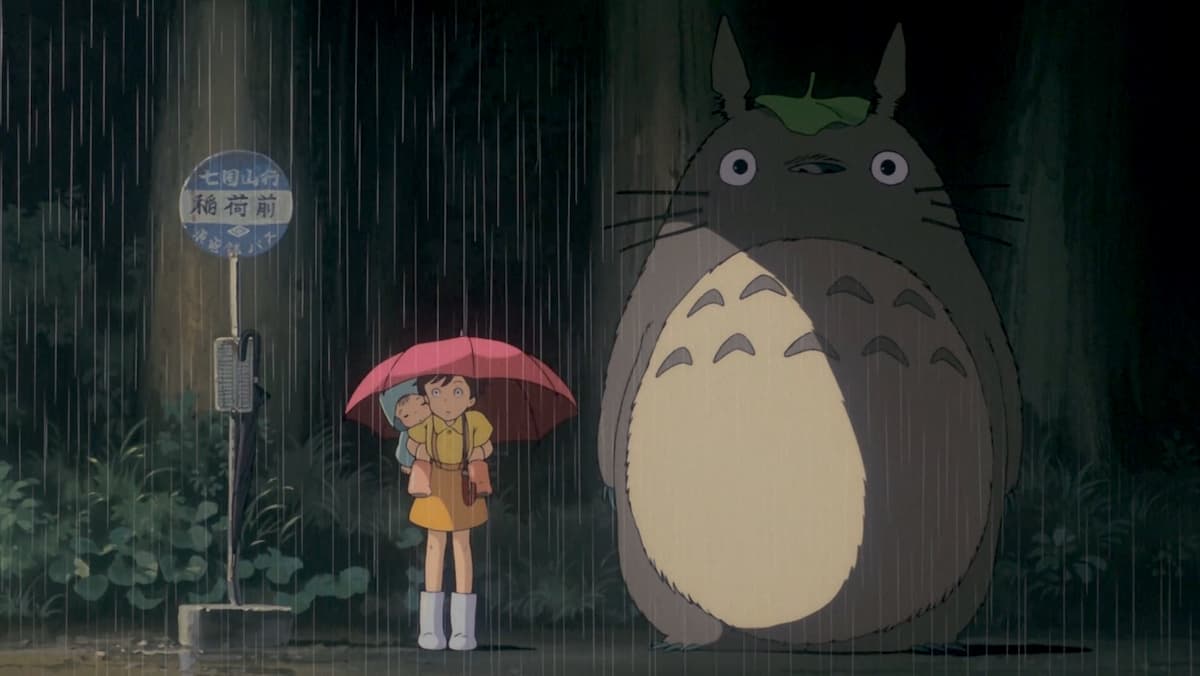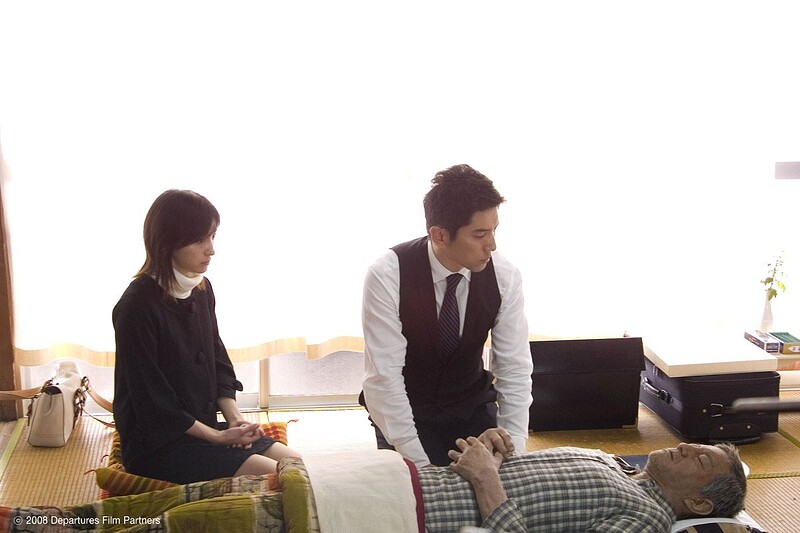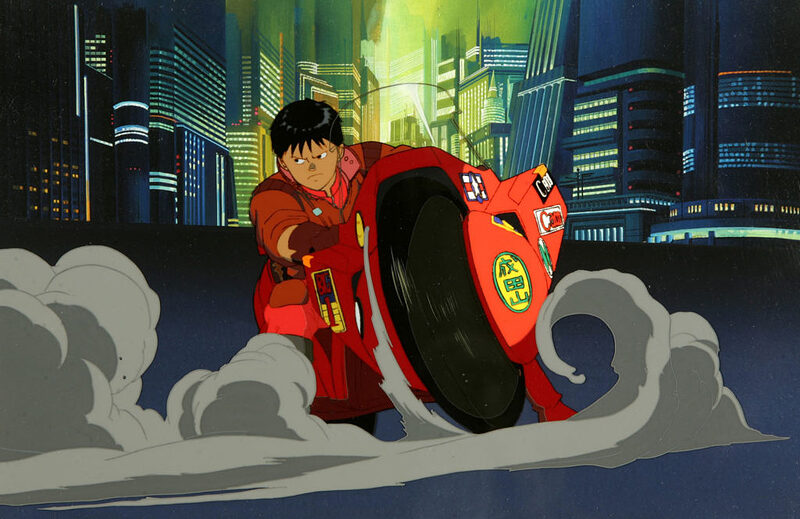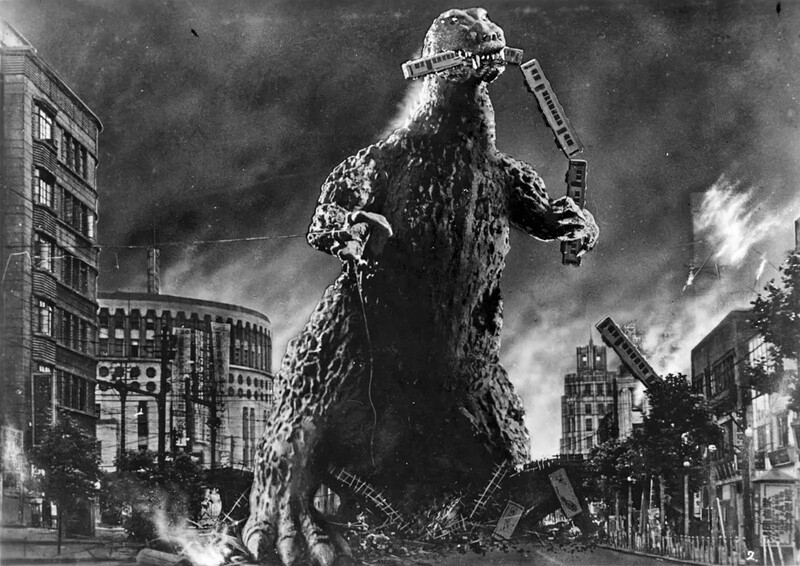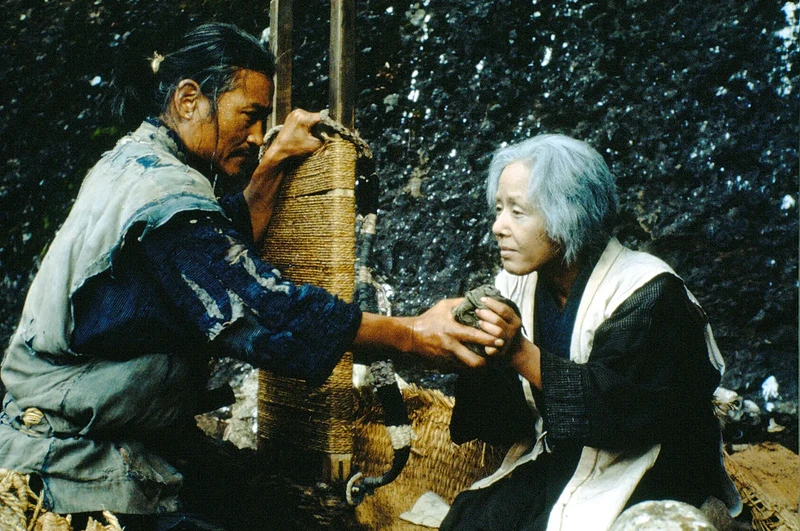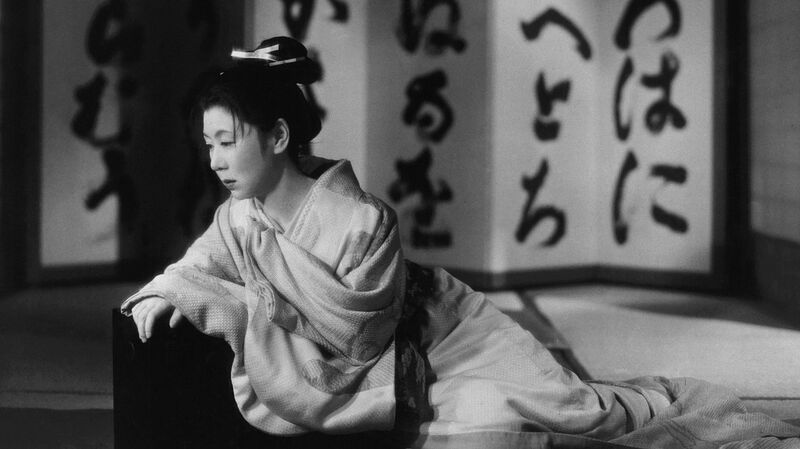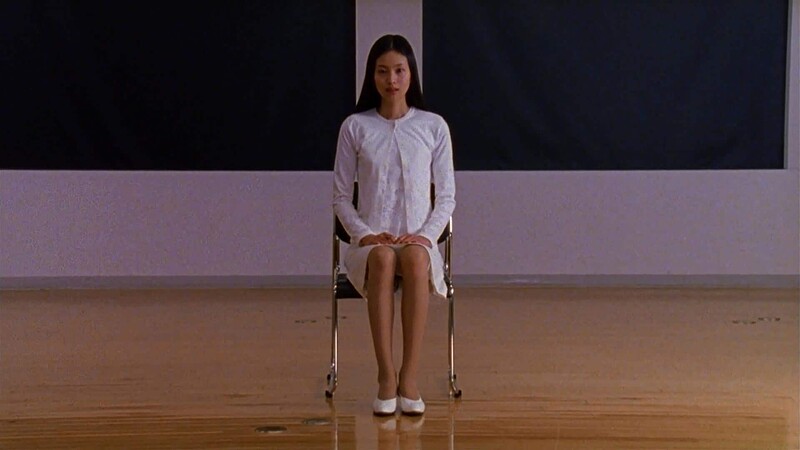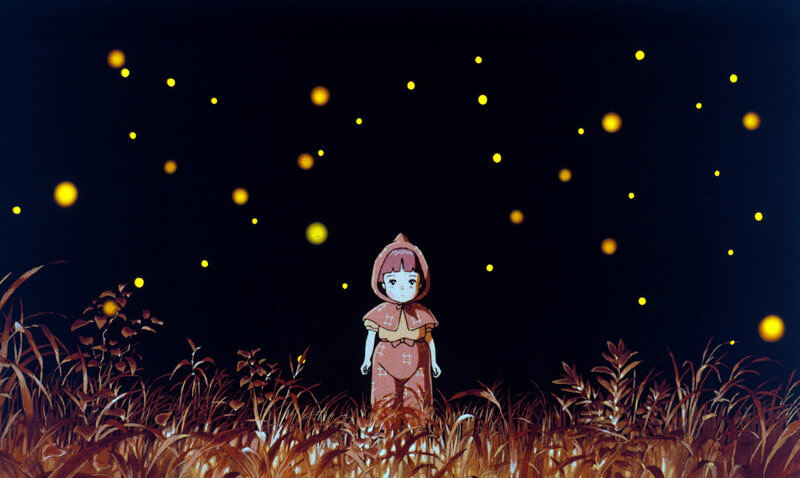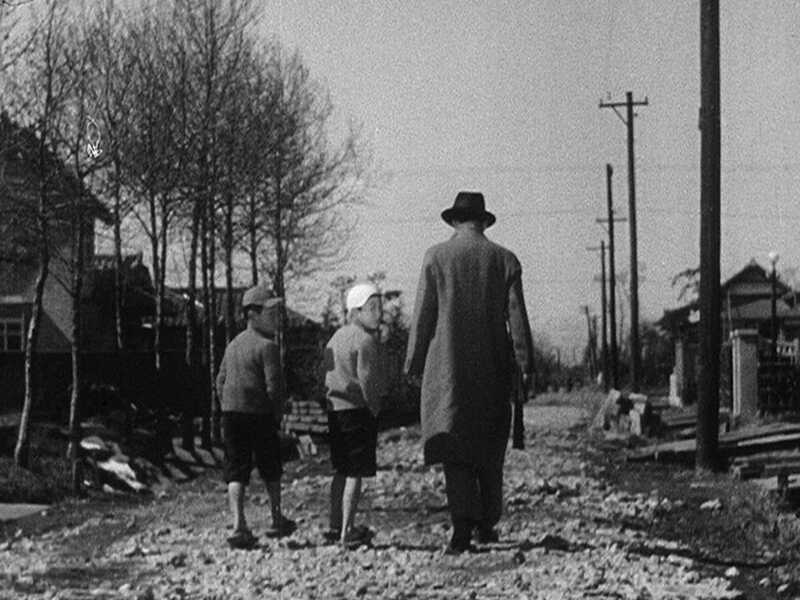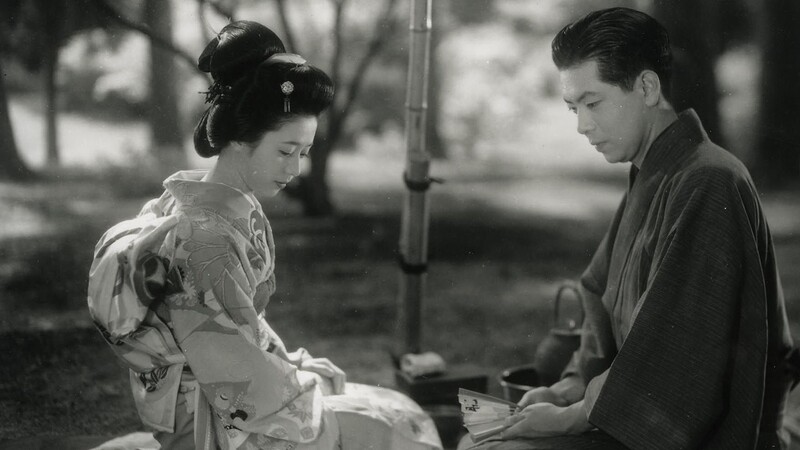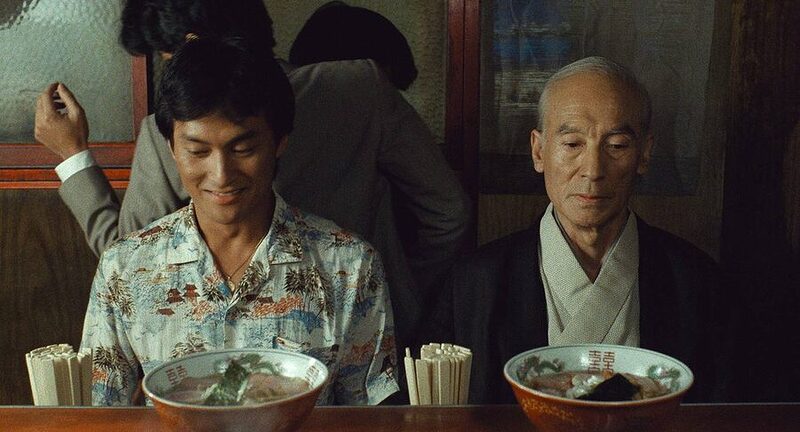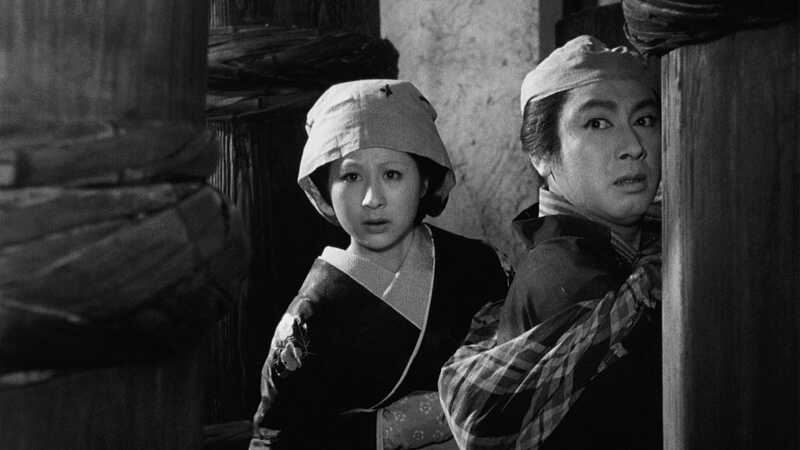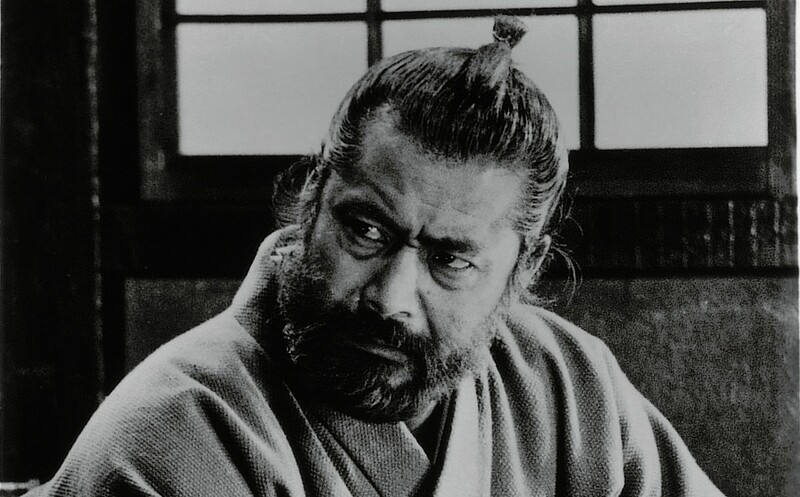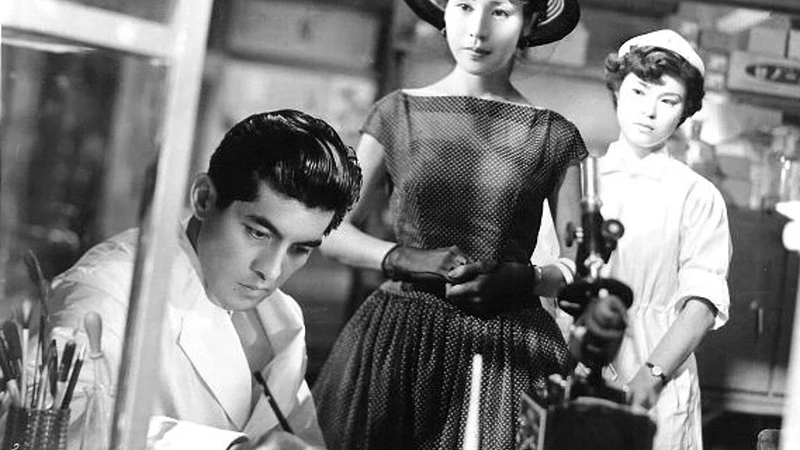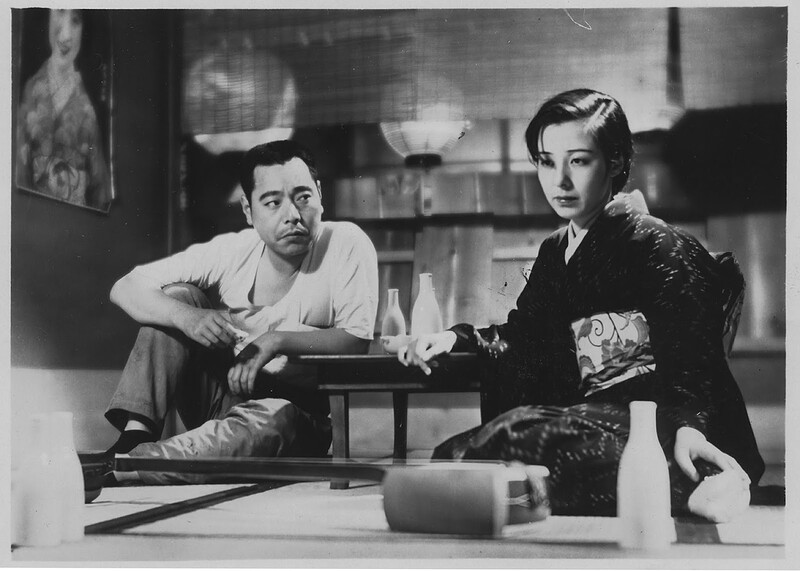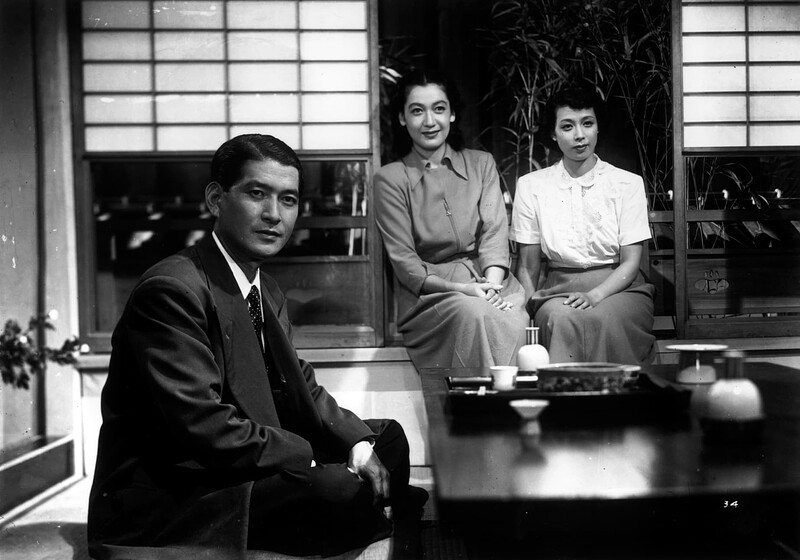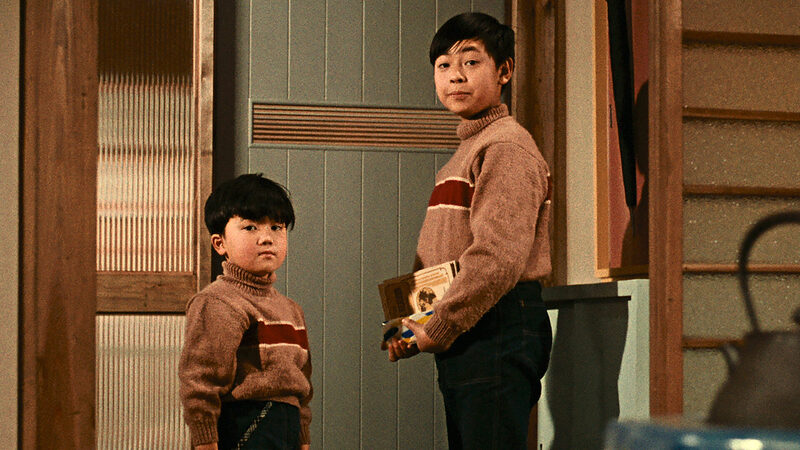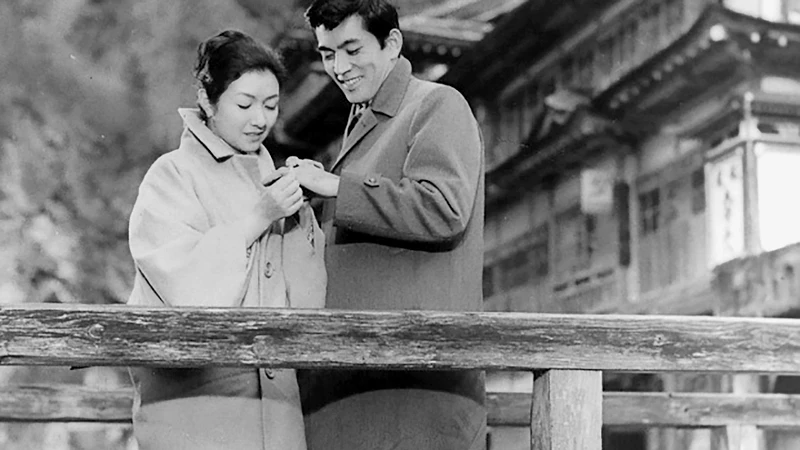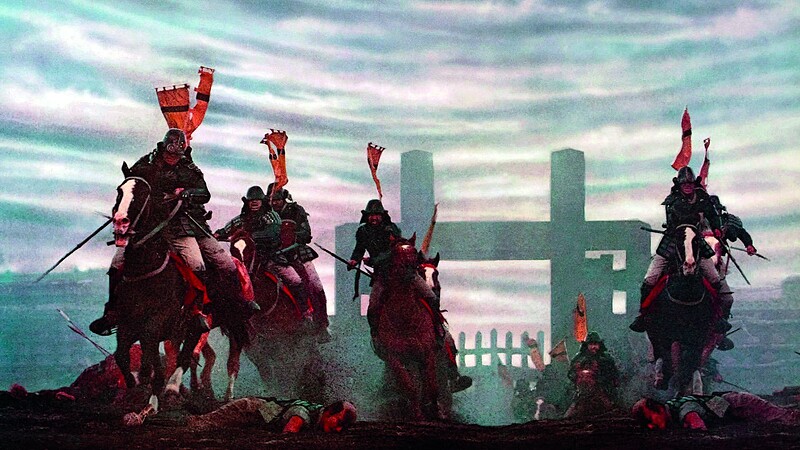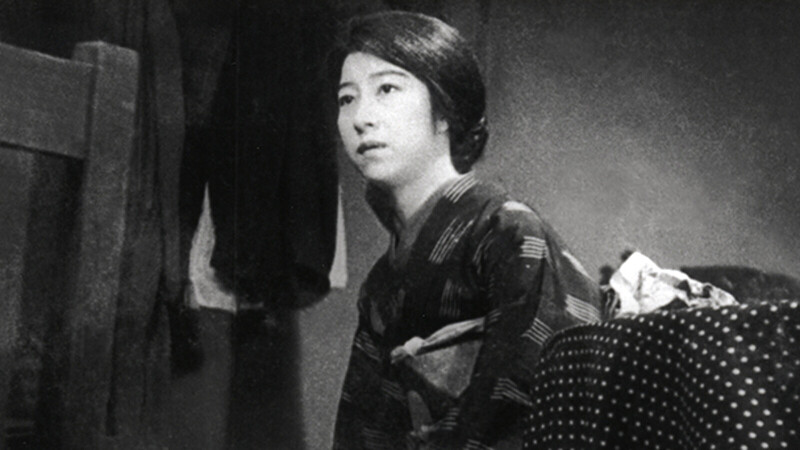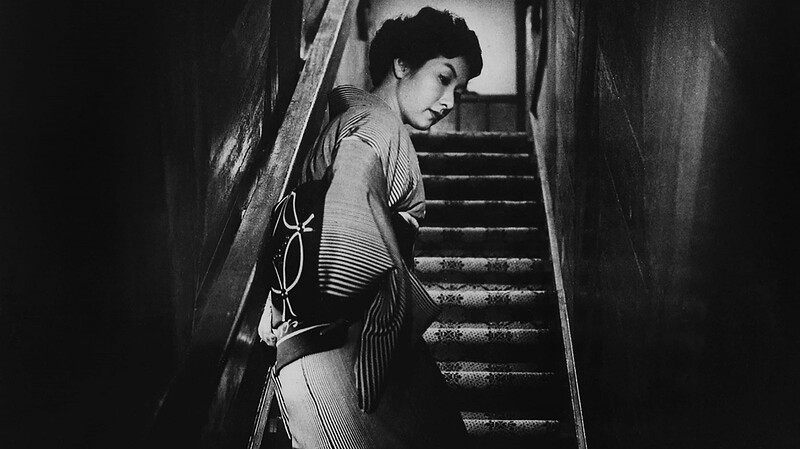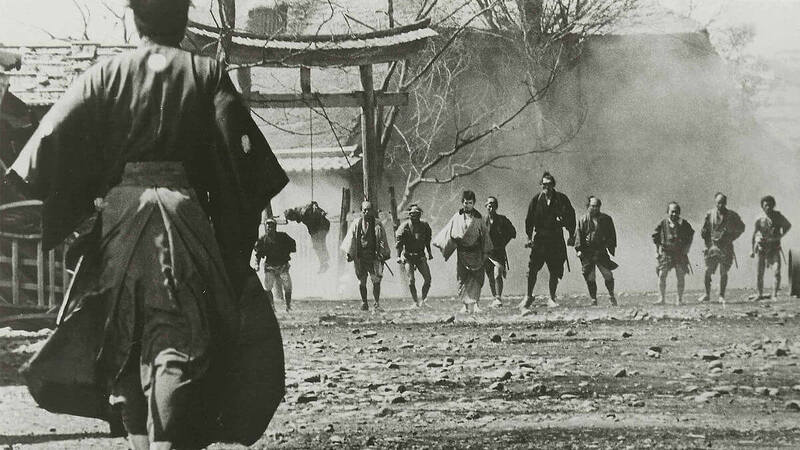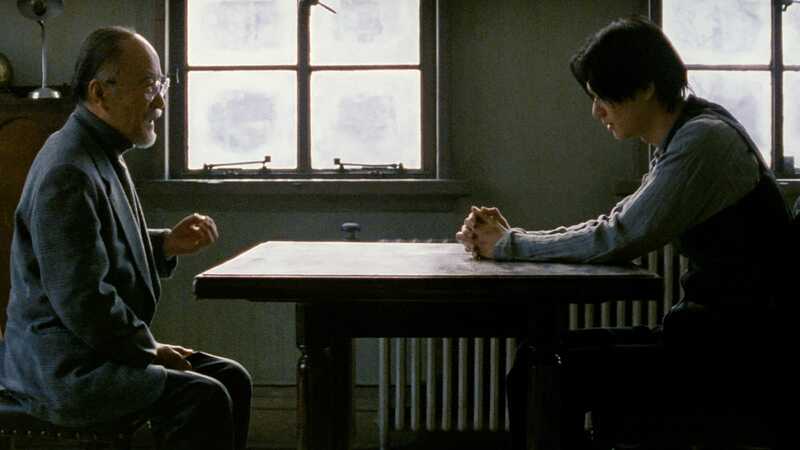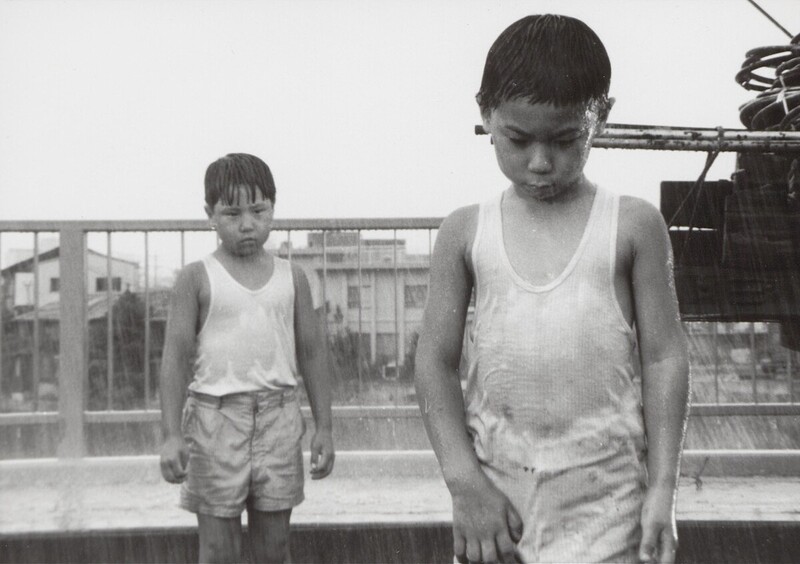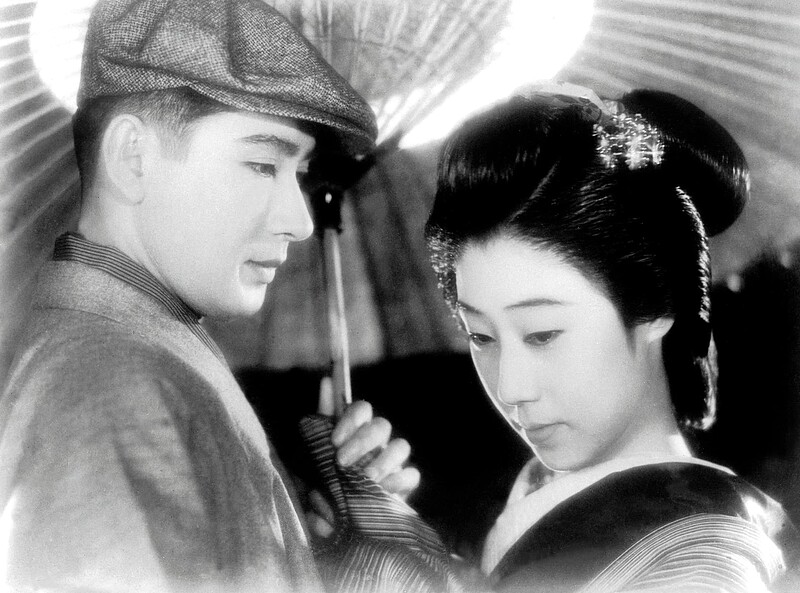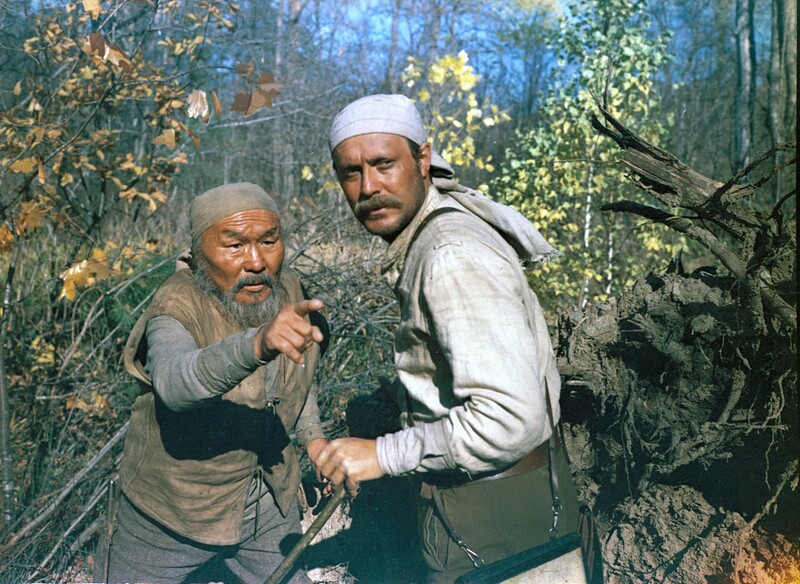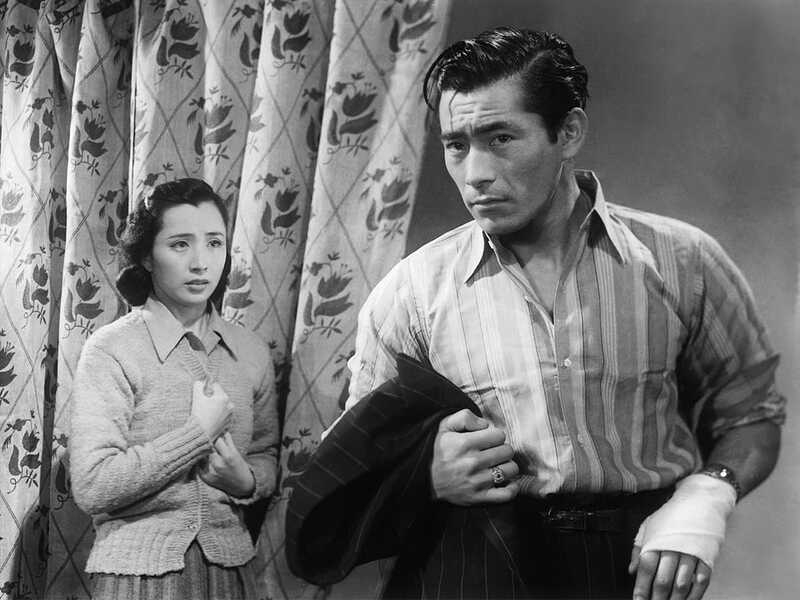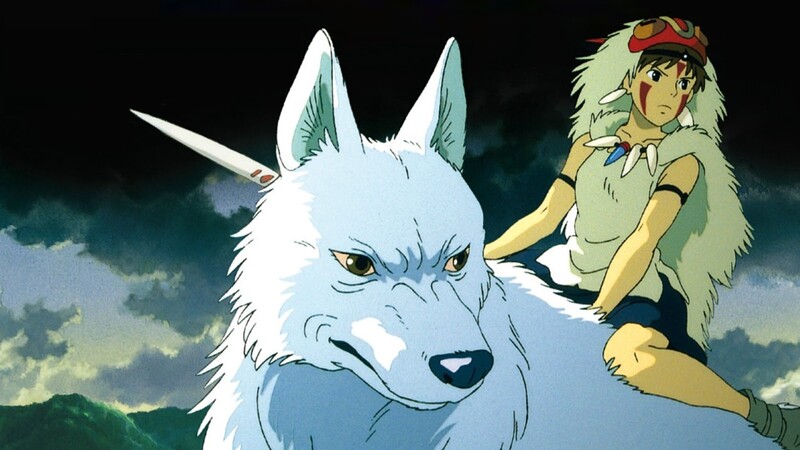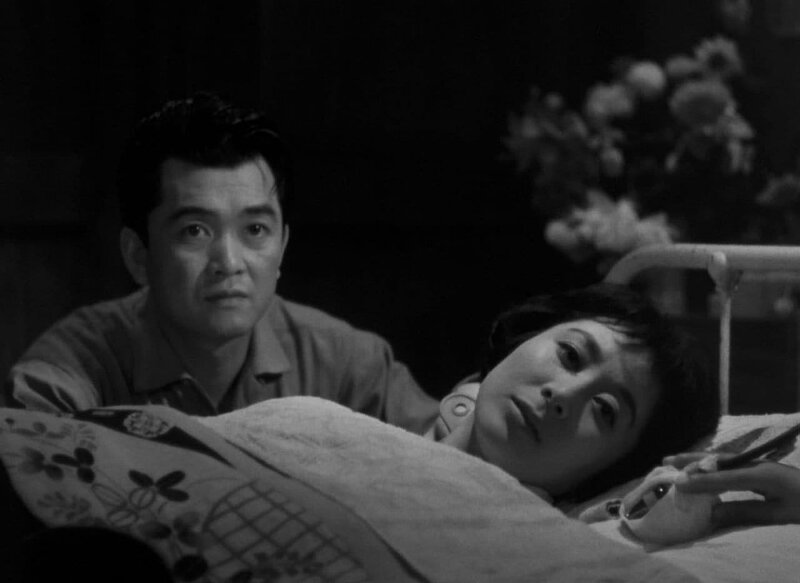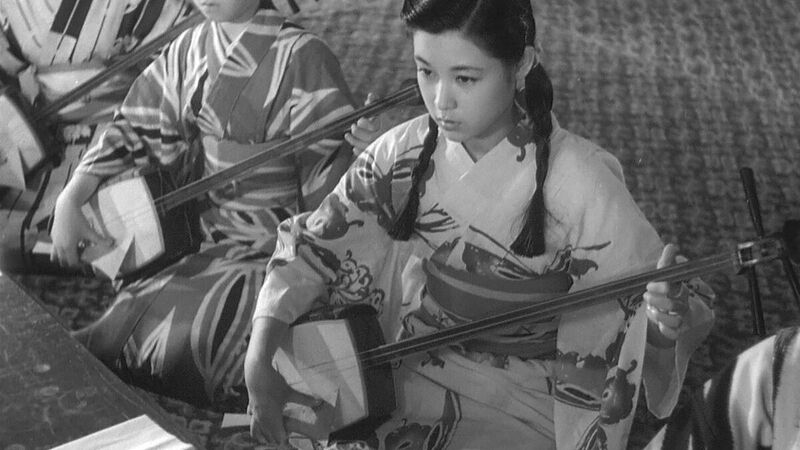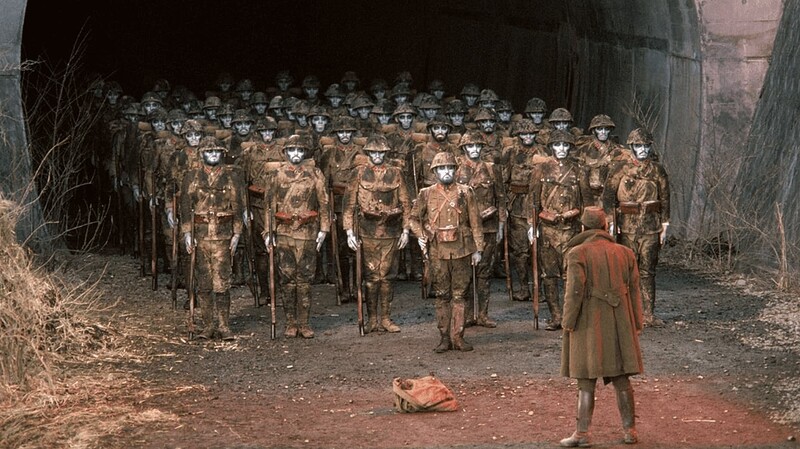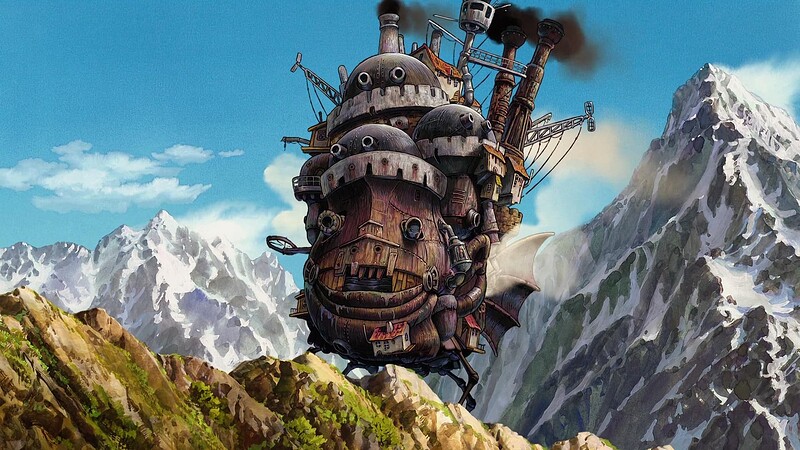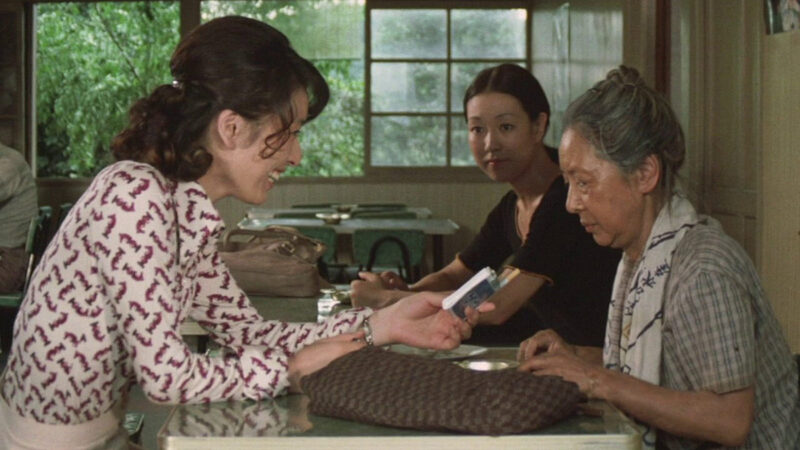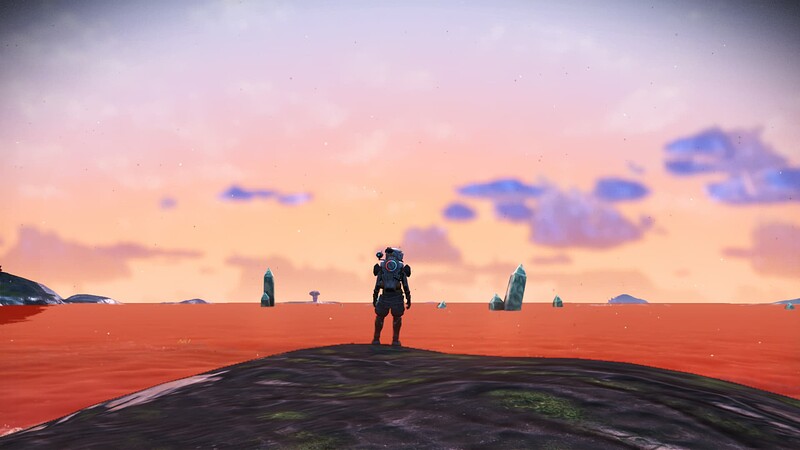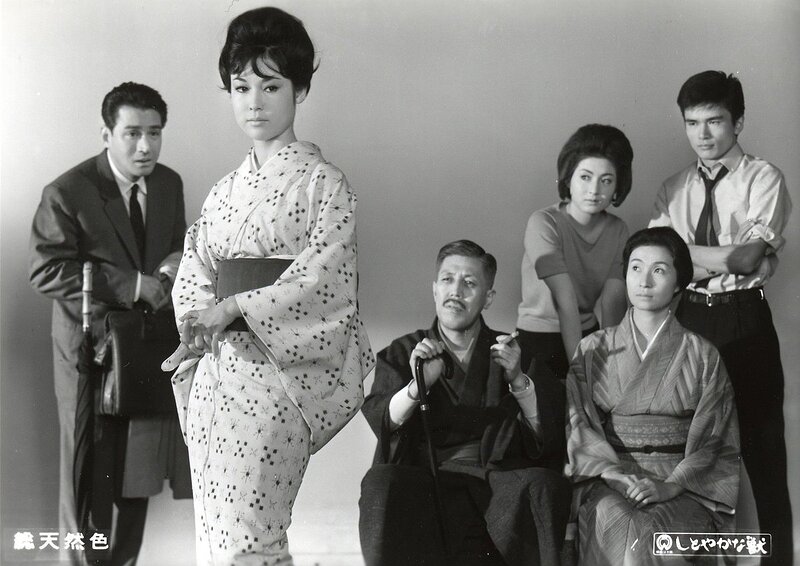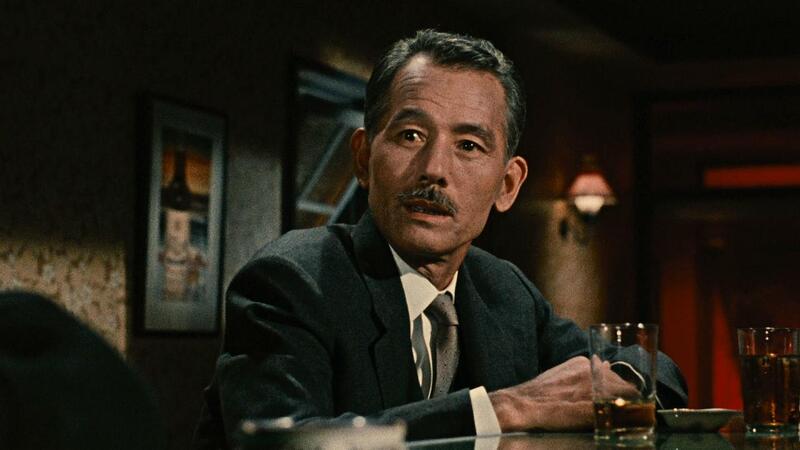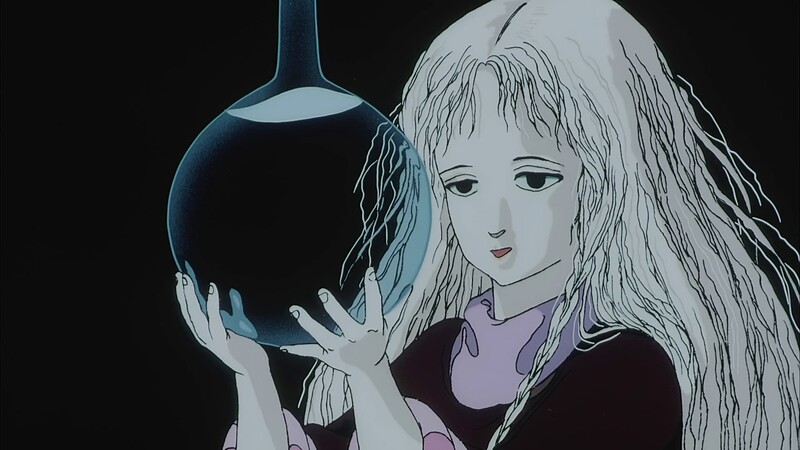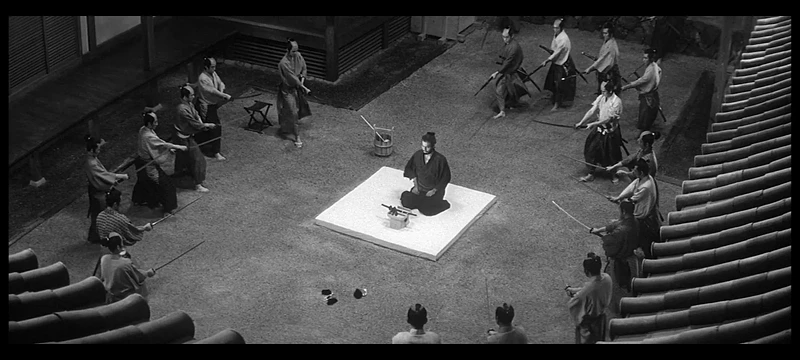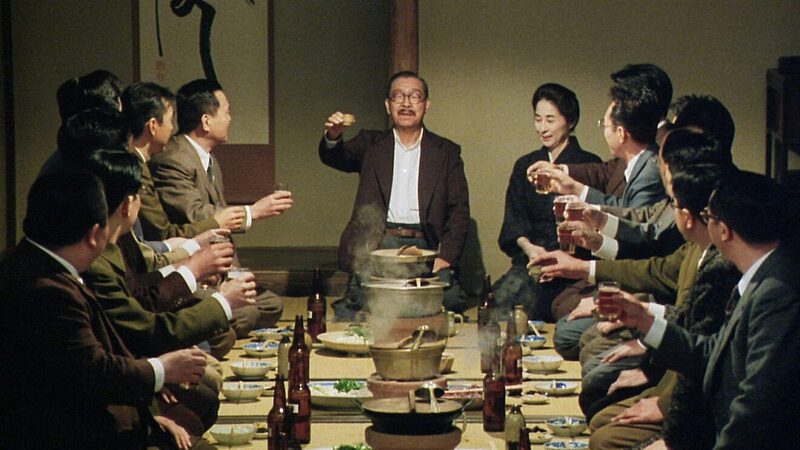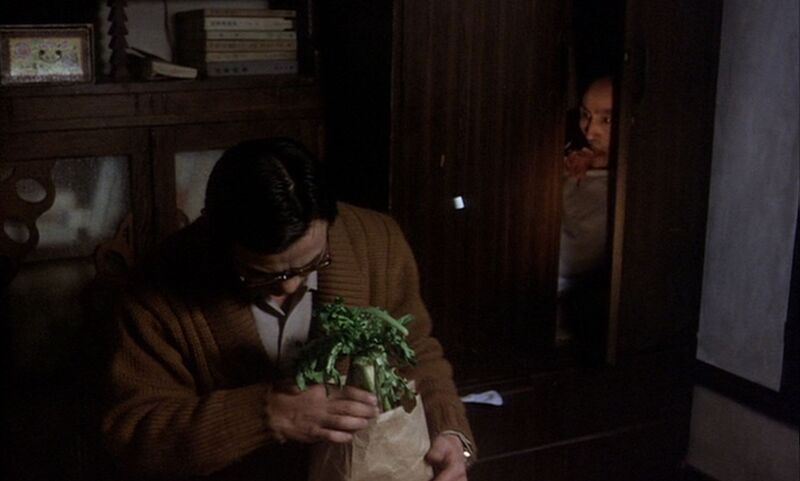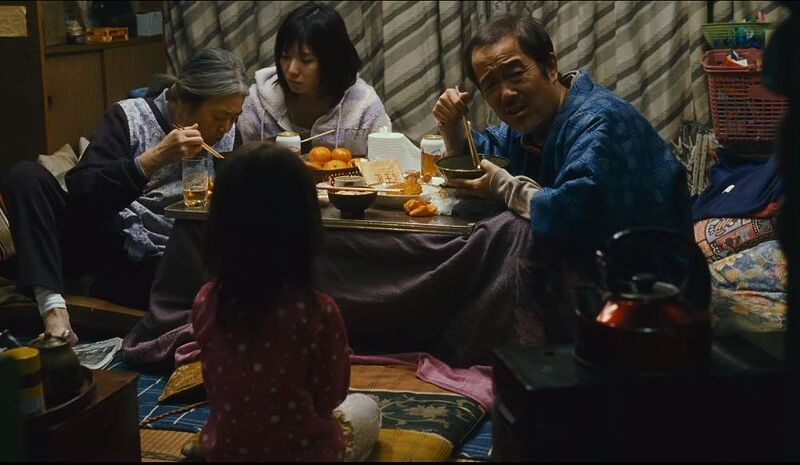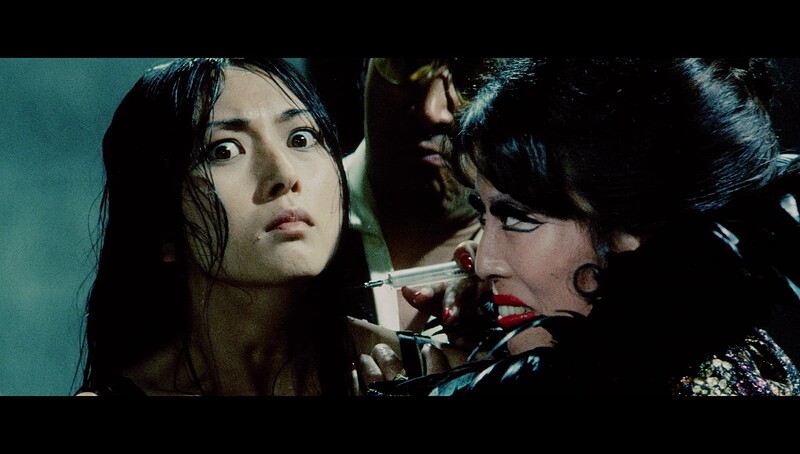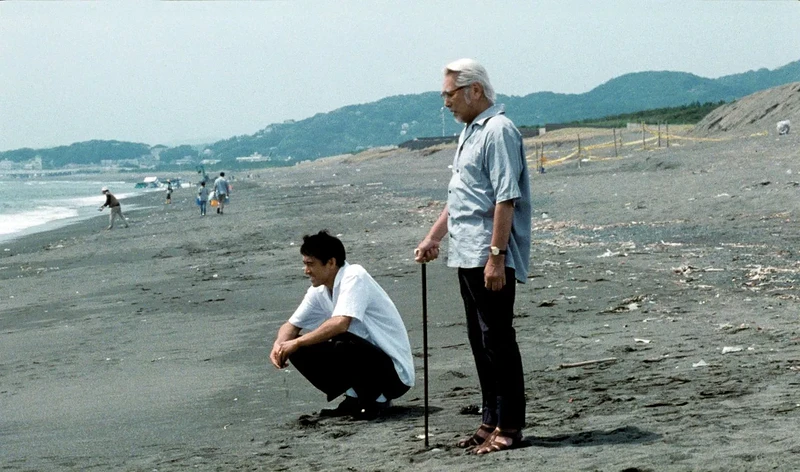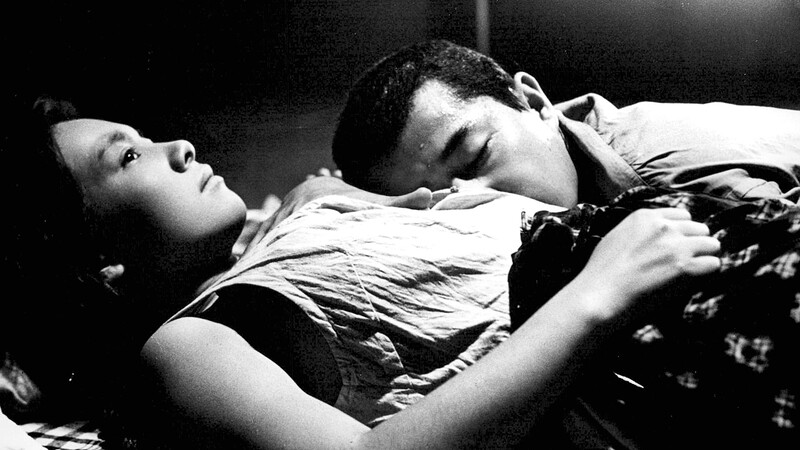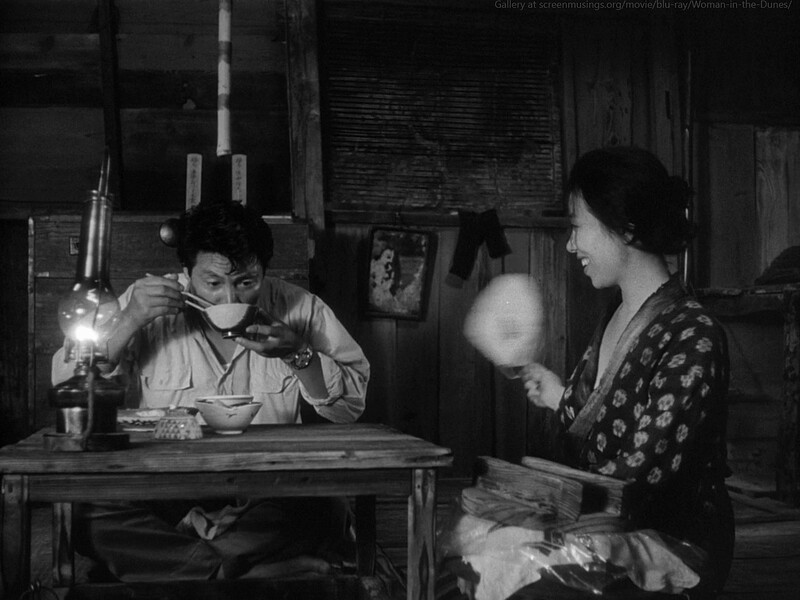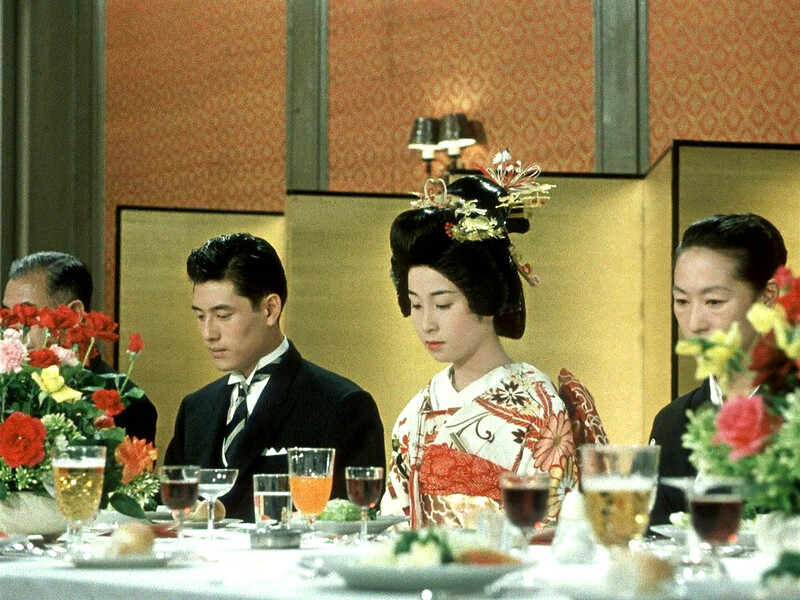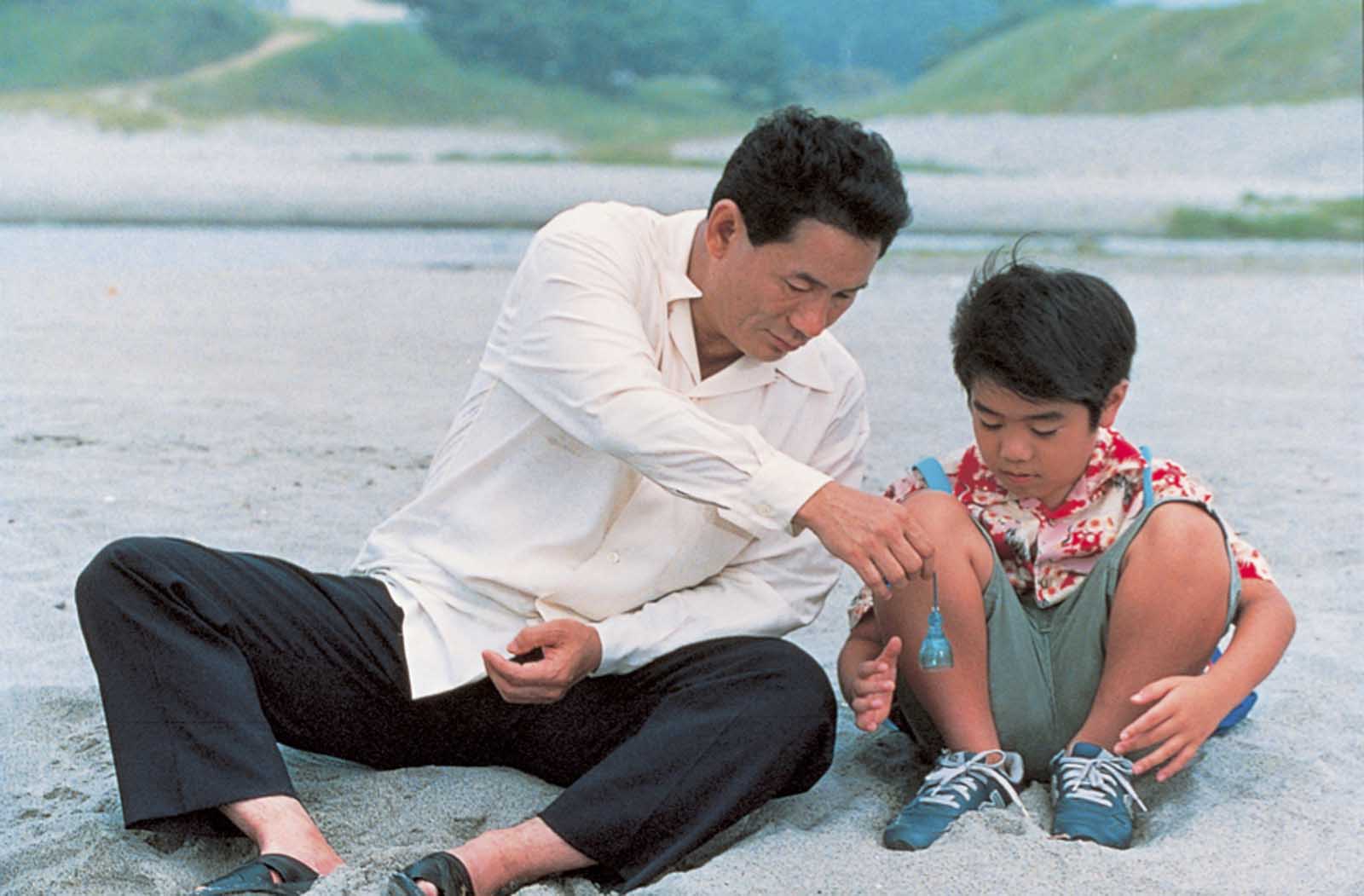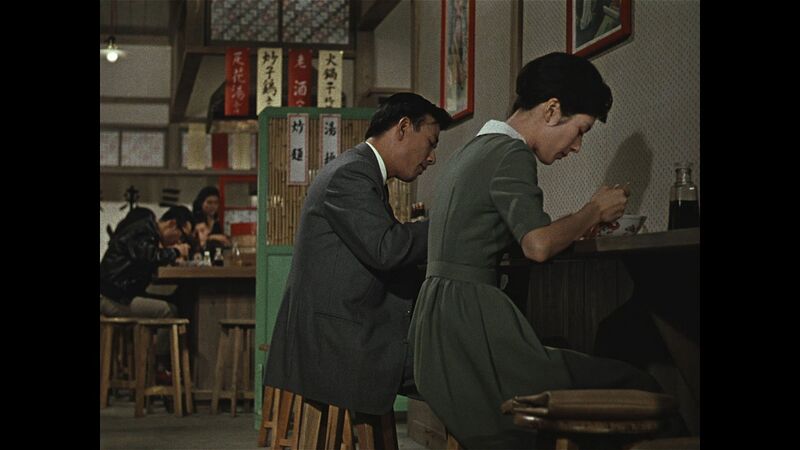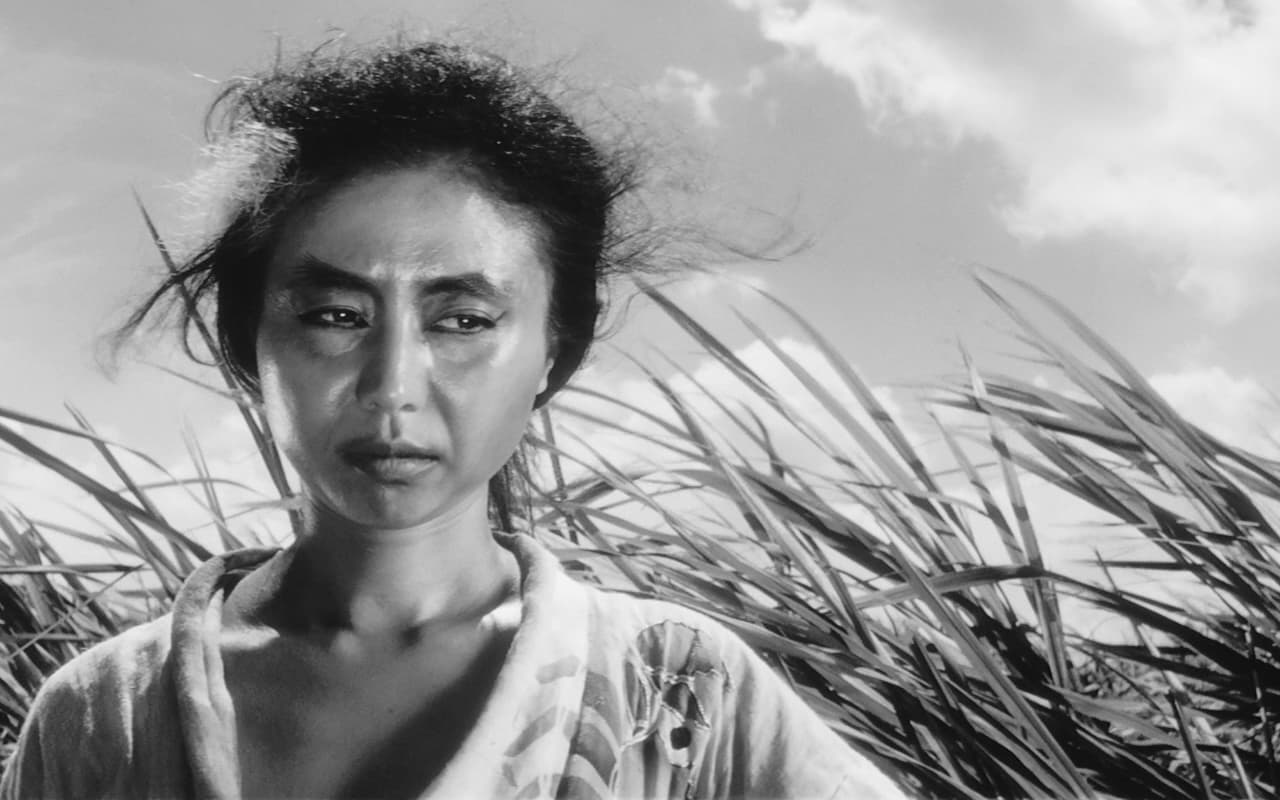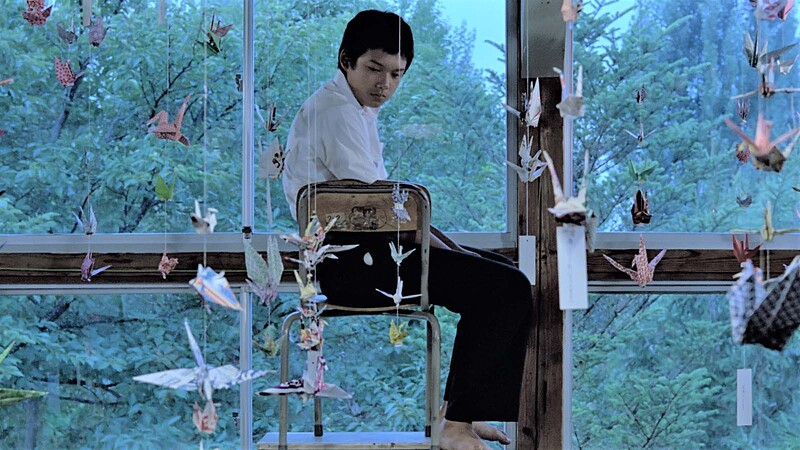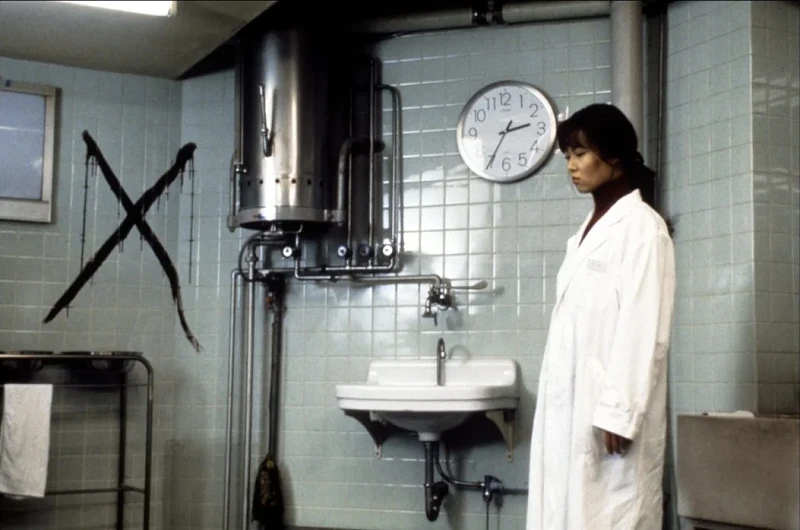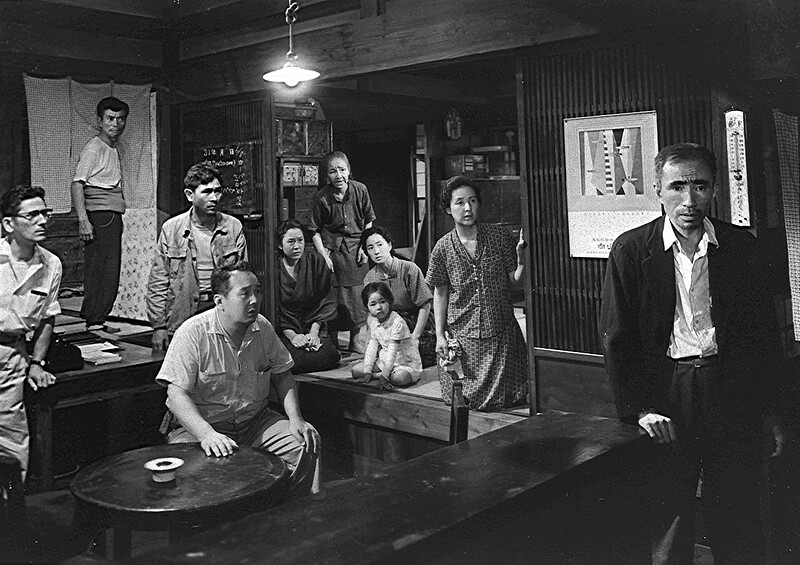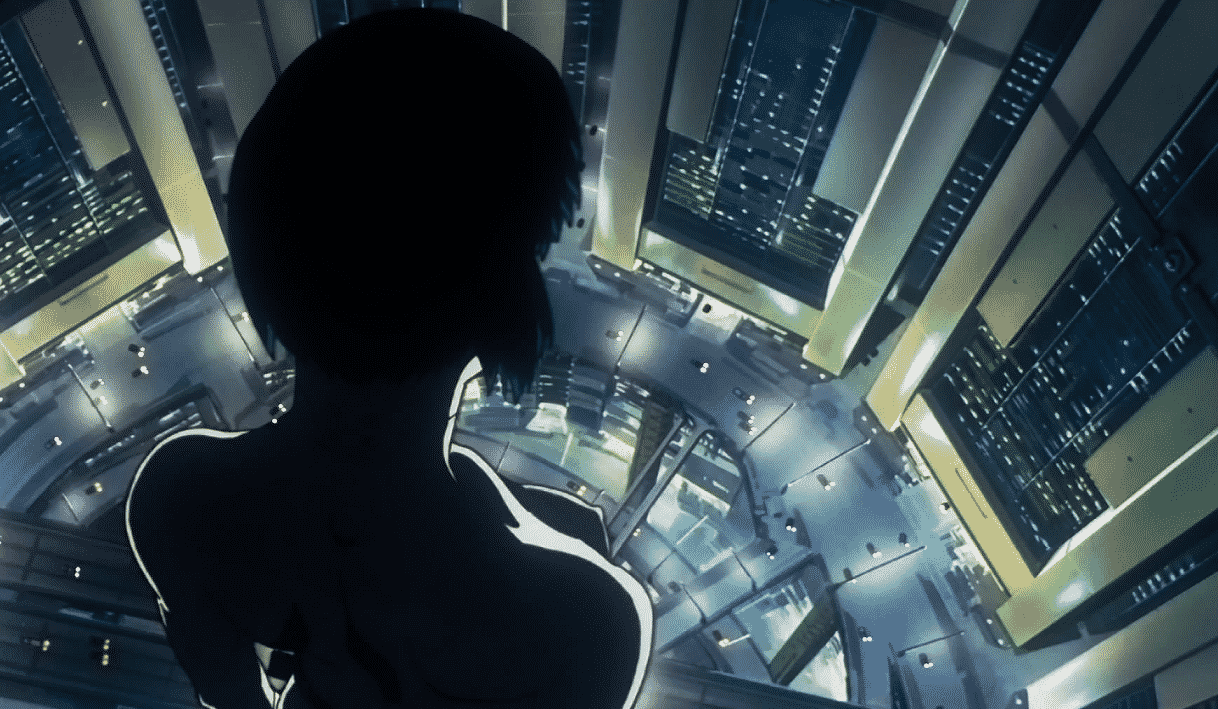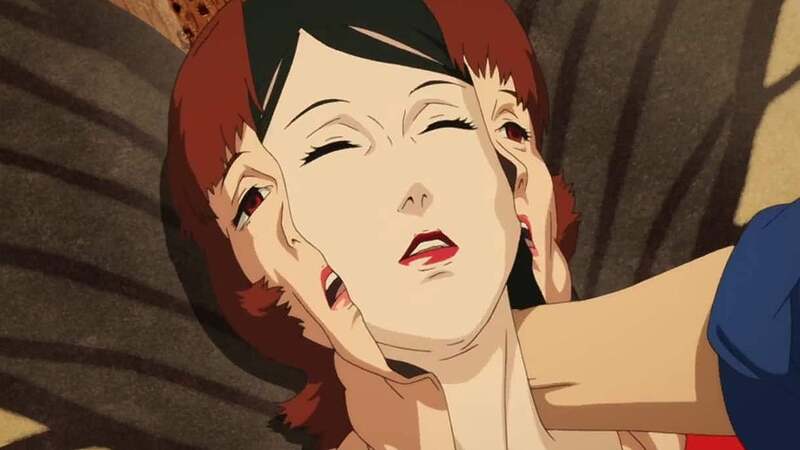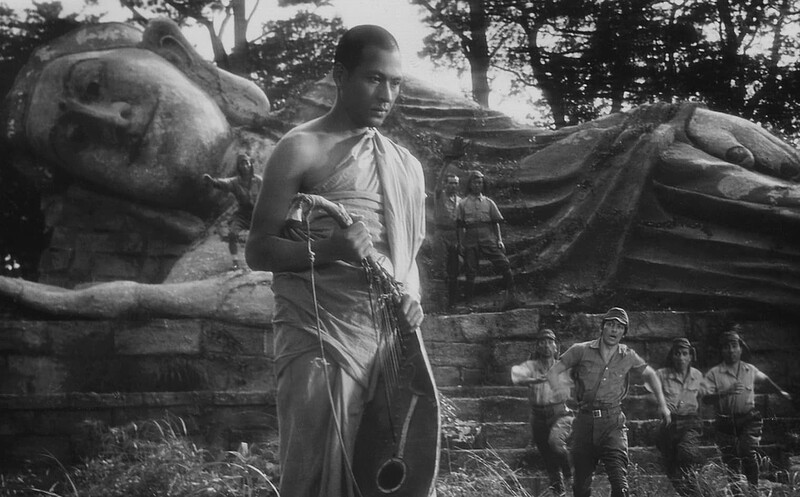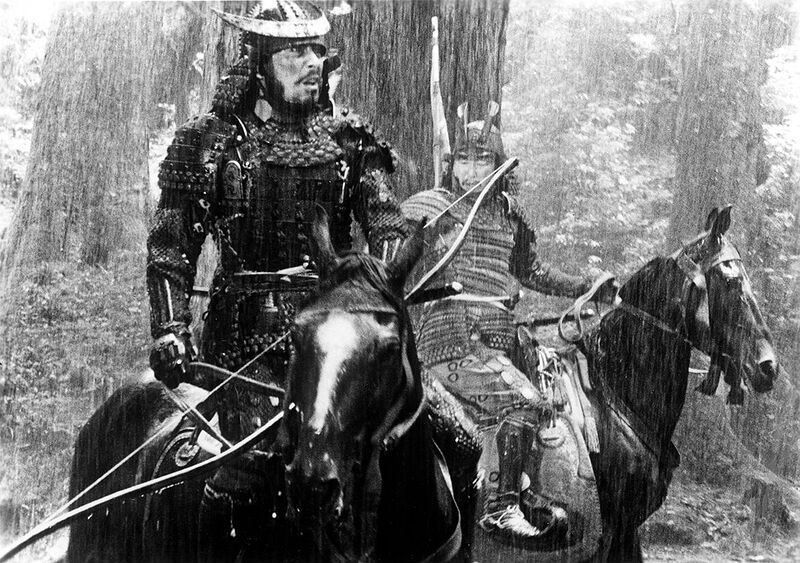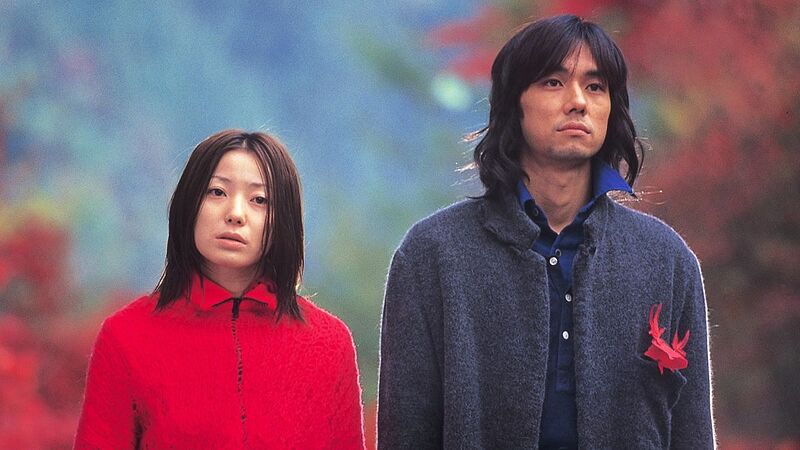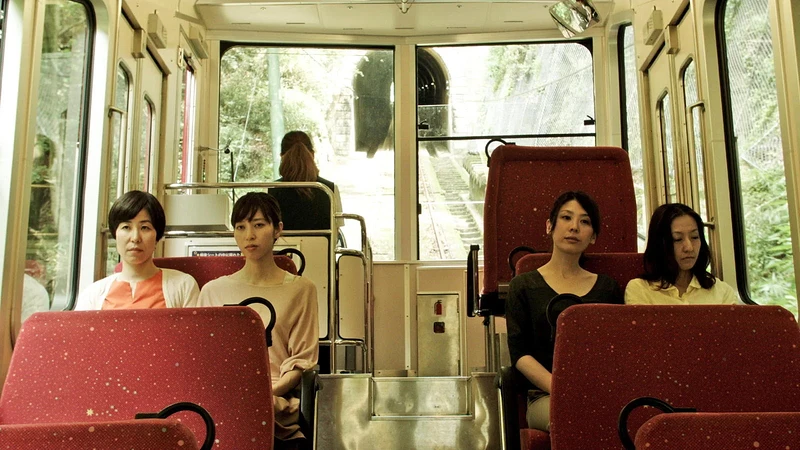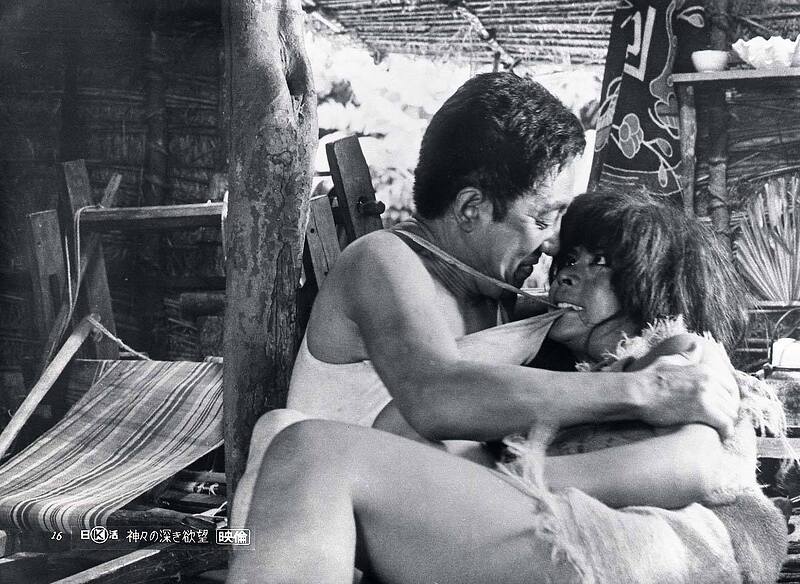Shōhei Imamura’s The Eel (うなぎ Unagi), Palme d’Or winner at the 1997 Cannes Film Festival, is not in this list.
If you think it strange to have a list with an arbitrary number of entries such as this, that’s because the BBC didn’t actually set out to choose this particular number of Japanese films to rank in the first place.
Instead, what the BBC did in 2018 was to poll 209 critics, industry figures and academics from 43 countries in order to create their list of 100 greatest foreign-language films.
The responders were asked to list their 10 greatest films and rank them from 1 (most favorite) to 10 (least favorite). The BBC’s pollsters then awarded each first ranked film 10 points, the second ranked film 9 points, the third ranked film 8 points, and so on.
The points were tabulated, and all the films were ranked by the total number of points they received.
That is all well and good, but I was particularly interested about all the Japanese films that made the critics’ lists (including those that didn’t make BBC’s original 100), so using BBC’s own data and ranking method, I tabulated only the Japanese films and came up with this ranking, listing all 71 movies.
My goal in making this list was to have a starting point from which to seek out the Japanese movies that I haven’t seen yet. If you are interested in exploring the world of Japanese cinema, this list is probably no less authoritative than others already in existence.
Some quick notes:
-
The top three films (Seven Samurai, Tokyo Story, Rashomon) in this list occupy the first, second and fourth places, respectively, in BBC’s greatest foreign-language films.
-
The fourth and the highest ranked animated film in the list, Miyazaki’s Spirited Away, is a surprise (as is My Neighbor Tototo in 13th place), but this shows how Studio Ghibli’s films are highly regarded around the world.
-
The most successful directors are Akira Kurosawa (with 12 films in the list), Yasujirō Ozu (10), Kenji Mizoguchi (7), Hayao Miyazaki (4) and Shōhei Imamura (4). Suprisingly, none of the Japanese critics in BBC’s poll listed any Kurosawa film in their lists, preferring instead Ozu and Mizoguchi.
-
Popular Japanese films that are more familiar with the general public such as The Ring, Zatoichi (Kitano film), and Battle Royale–just to name a few–are nowhere to be found, which shows how film critics and academics don’t always see eye to eye with the ordinary movie-goers.
-
I could have cut the last 21 films and made a list with a nice round number like “The 50 greatest Japanese films” but then gems such as Shoplifters, Woman in the Dunes and Onibaba would have been excluded, so I kept the whole list.
The films are ranked according to the number of points they received. The original Japanese names are also listed, along with the English pronunciation.
1. Seven Samurai (Akira Kurosawa, 1954)
七人の侍 Shichinin no samurai
Roger Ebert: “Akira Kurosawa’s “Seven Samurai” is not only a great film in its own right, but the source of a genre that would flow through the rest of the century.”
2. Tokyo Story (Yasujirō Ozu, 1953)
東京物語 Tōkyō monogatari
The Guardian: “The exquisite sadness of Yasujiro Ozu’s 1953 film does not get any more bearable or less overwhelming with time.”
3. Rashomon (Akira Kurosawa, 1950)
羅生門 Rashōmon
New York Times: “Kurosawa’s was an imagination of disaster, lined by fear and an often overwhelming darkness. His most daring work, though, moves beyond the shadows, perseveres to locate some sliver of light,”
4. Spirited Away (Hayao Miyazaki, 2001)
千と千尋の神隠し Sen to chihiro no kamikakushi
Time Magazine: “Imaginative and inspired, Spirited Away immerses the viewer in a fantastical world that at once astounds and alarms. The story is also a tale of resilience and persistence, as Chihiro gradually draws on her inner strength to endure this land where humans are designed to perish.”
5. Late Spring (Yasujirō Ozu, 1949)
晩春 Banshun
Criterion Channel: “Like many Ozu movies, Late Spring is a triumph of sympathetic, respectful clarity and a surgical strike at the heart, but it also stands alone as a turning point in his development as a sociopolitical artist.”
6. Sansho the Bailiff (Kenji Mizoguchi, 1954)
山椒大夫 Sanshō dayū
Sight & Sound: “Blending the exquisite precision of his indigenous culture with a universal Weltanschauung, this is one of Mizoguchi’s masterpieces; poetry and melancholy are one with him.”
7. Ugetsu (Kenji Mizoguchi, 1953)
雨月物語 Ugetsu monogatari
Deep Focus Review: “Mizoguchi’s blend of historicity, artistic refinement, and human observation combines with his rare embrace of the spiritual in Ugetsu, and its effect is entrancing, affecting, and unforgettable.”
8. Ikiru (Akira Kurosawa, 1952)
生きる Ikiru
Slant Magazine: “Ikiru is a shotgun blast of existential desperation, suffused with moral anguish that seeps from every pore.”
9. Ran (Akira Kurosawa, 1985)
乱 Ran
Guardian: “Moments of poetic delicacy give way to sequences of battle so intense and violent that they beggar the imagination.”
10. The Story of the Last Chrysanthemums (Kenji Mizoguchi, 1939)
残菊物語 Zangiku monogatari
Oklahoma City Museum of Art: “With The Story of the Last Chrysanthemum, Mizoguchi perfected a visual language and style that drew equally on the specificity of Japanese architecture, picture scrolls, kabuki stagecraft, and certain of the more experimental aspects of late silent and early sound Hollywood filmmaking.”
11. Floating Clouds (Mikio Naruse, 1955)
浮雲 Ukigumo
12. In the Realm of the Senses (Nagisa Ōshima, 1976)
愛のコリーダ Ai no korīda
13. My Neighbour Totoro (Hayao Miyazaki, 1988)
となりのトトロ Tonari no totoro
14. Departures (Yōjirō Takita, 2008)
おくりびと Okuribito
15. Akira (Katsuhiro Ōtomo, 1988)
アキラ Akira
16. Godzilla (Ishirō Honda, 1954)
ゴジラ Gojira
17. The Ballad of Narayama (Shōhei Imamura, 1983)
楢山物語 Narayama monogatari
18. The Life of Oharu (Kenji Mizoguchi, 1952)
西鶴一代女 Saikaku ichidai onna
19. Audition (Takashi Miike, 1999)
オーディション Ōdishon
20. Grave of the Fireflies (Isao Takahata, 1988)
火垂るの墓 Hotaru no haka
21. I Was Born, But… (Yasujirō Ozu, 1932)
大人の見る繪本 生れてはみたけれど Otona no miru ehon - Umarete wa mita keredo
22. Miss Oyu (Kenji Mizoguchi, 1951)
お遊さま Oyū-sama
23. Tampopo (Jūzō Itami, 1985)
タンポポ Tanpopo
24. A Story from Chikamatsu (Kenji Mizoguchi, 1954)
近松物語 Chikamatsu monogatari
25. Red Beard (Akira Kurosawa, 1965)
赤ひげ Akahige
26. A Hole of My Own Making (Tomu Uchida, 1955)
自分の穴の中で Jibun no ana no nakade
27. An Inn in Tokyo (Yasujirō Ozu, 1935)
東京の宿 Tōkyō no yado
28. Early Summer (Yasujirō Ozu, 1951)
麥秋 Bakushū
29. Good Morning (Yasujirō Ozu, 1959)
お早よう Ohayō
30. Yearning (Mikio Naruse, 1964)
乱れる Midareru
31. Kagemusha (Akira Kurosawa, 1980)
影武者 Kagemusha
32. That Night’s Wife (Yasujirō Ozu, 1930)
その夜の妻 Sono yo no tsuma
33. When a Woman Ascends the Stairs (Mikio Naruse, 1960)
女が階段を上る時 Onna ga kaidan wo noboru toki
34. Yojimbo (Akira Kurosawa, 1961)
用心棒 Yōjinbō
35. After Life (Hirokazu Kore-eda, 1998)
ワンダフルライフ Wandafuru raifu
36. Muddy River (Kōhei Oguri, 1981)
泥の河 Doro no kawa
37. Tsuruhachi Tsurujirō (Mikio Naruse, 1938)
鶴八鶴次郎 Tsuruhachi tsurujirō
38. Dersu Uzala (Akira Kurosawa, 1975)
デルス·ウザーラ Derusu uzāra
39. Drunken Angel (Akira Kurosawa, 1948)
醉いどれ天使 Yoidore tenshi
40. Princess Mononoke (Hayao Miyazaki, 1997)
もののけ姫 Mononoke-hime
41. The Eternal Breasts (Kinuyo Tanaka, 1955)
乳房よ永遠なれ Chibusa yo eien nare
42. A Geisha (Kenji Mizoguchi, 1953)
祇園囃子 Gion bayashi
43. Dreams (Akira Kurosawa, 1990)
夢 Yume
44. Howl’s Moving Castle (Hayao Miyazaki, 2004)
ハウルの動く城 Hauru no ugoku shiro
45. Sandakan No. 8 (Kei Kumai, 1974)
サンダカン八番娼館 望郷 Sandakan hachiban shōkan: bōkyō
46. The End of Evangelion (Hideaki Anno and Kazuya Tsurumaki, 1997)
新世紀エヴァンゲリオン劇場版 Air/まごころを、君に Shinseiki evangerion gekijō-ban Air/ magokoro wo, kimi ni
47. The Graceful Brute (Yūzō Kawashima, 1962)
しとやかな獣 Shitoyakana kedamono
48. An Autumn Afternoon (Yasujirō Ozu, 1962)
秋刀魚の味 Sanma no aji
49. Angel’s Egg (Mamoru Oshii, 1985)
天使のたまご Tenshi no tamago
50. Harakiri (Masaki Kobayashi, 1962)
切腹 Seppuku
51. Madadayo (Akira Kurosawa, 1993)
まあだだよ Mādadayo
52. Vengeance Is Mine (Shōhei Imamura, 1979)
復讐するは我にあり Fukushū suru wa ware ni ari
53. Shoplifters (Hirokazu Kore-eda, 2018)
万引き家族 Manbiki kazoku
54. Female Prisoner Scorpion: Beast Stable (Shun’ya Itō, 1973)
女囚さそり けもの部屋 Joshū sasori kemono beya
55. Still Walking (Hirokazu Kore-eda, 2008)
歩いても 歩いても Aruitemo aruitemo
56. The Insect Woman (Shōhei Imamura, 1963)
にっぽん昆虫記 Nippon konchūki
57. Woman in the Dunes (Hiroshi Teshigahara, 1964)
砂の女 Suna no onna
58. Equinox Flower (Yasujirō Ozu, 1958)
彼岸花 Higanbana
59. Kikujiro (Takeshi Kitano, 1999)
菊次郎の夏 Kikujirō no natsu
60. Late Autumn (Yasujirō Ozu, 1960)
秋日和 Akibiyori
61. Onibaba (Kaneto Shindō, 1964)
鬼婆 Onibaba
62. Typhoon Club (Shinji Sōmai, 1985)
台風クラブ Taifū kurabu
63. Cure (Kiyoshi Kurosawa, 1997)
キュア Kyua
64. Dotanba (Tomu Uchida, 1957)
どたんば Dotanba
65. Ghost in the Shell (Mamuru Oshii, 1995)
GHOST IN THE SHELL / 攻殻機動隊 Gōsuto in za sheru/ kōkakukidōtai
66. Paprika (Satoshi Kon, 2006)
パプリカ Papurika
67. The Burmese Harp (Kon Ichikawa, 1956)
ビルマの竪琴 Biruma no tategoto
68. Throne of Blood (Akira Kurosawa, 1957)
蜘蛛巣城 Kumonosujō
69. Dolls (Takeshi Kitano, 2002)
ドールズ Dōruzu
70. Happy Hour (Ryūsuke Hamaguchi, 2015)
ハッピーアワー Happī awā
71. Profound Desires of the Gods (Shōhei Imamura, 1968)
神々の深き欲望 Kamigami no fukaki yokubō
Table: Ranking of 71 Japanese films, with points
| No. | Title | Points |
|---|---|---|
| 1 | Seven Samurai (Akira Kurosawa, 1954) | 270 |
| 2 | Tokyo Story (Yasujirō Ozu, 1953) | 253 |
| 3 | Rashomon (Akira Kurosawa, 1950) | 225 |
| 4 | Spirited Away (Hayao Miyazaki, 2001) | 65 |
| 5 | Late Spring (Yasujirō Ozu, 1949) | 53 |
| 6 | Sansho the Bailiff (Kenji Mizoguchi, 1954) | 48 |
| 7 | Ugetsu (Kenji Mizoguchi, 1953) | 44 |
| 8 | Ikiru (Akira Kurosawa, 1952) | 42 |
| 9 | Ran (Akira Kurosawa, 1985) | 38 |
| 10 | The Story of the Last Chrysanthemum (Kenji Mizoguchi, 1939) | 32 |
| 11 | Floating Clouds (Mikio Naruse, 1955) | 28 |
| 12 | In the Realm of the Senses (Nagisa Ōshima, 1976) | 21 |
| 13 | My Neighbour Totoro (Hayao Miyazaki, 1988) | 20 |
| 14 | Departures (Yōjirō Takita, 2008) | 19 |
| 15 | Akira (Katsuhiro Ōtomo, 1988) | 16 |
| 16 | Godzilla (Ishirō Honda, 1954) | 16 |
| 17 | The Ballad of Narayama (Shōhei Imamura, 1983) | 15 |
| 18 | The Life of Oharu (Kenji Mizoguchi, 1952) | 15 |
| 19 | Audition (Takashi Miike, 1999) | 14 |
| 20 | Grave of the Fireflies (Isao Takahata, 1988) | 12 |
| 21 | I Was Born, But… (Yasujirō Ozu, 1932) | 12 |
| 22 | Miss Oyu (Kenji Mizoguchi, 1951) | 12 |
| 23 | Tampopo (Jūzō Itami, 1985) | 12 |
| 24 | A Story from Chikamatsu (Kenji Mizoguchi, 1954) | 10 |
| 25 | Red Beard (Akira Kurosawa, 1965) | 10 |
| 26 | A Hole of My Own Making (Tomu Uchida, 1955) | 9 |
| 27 | An Inn in Tokyo (Yasujirō Ozu, 1935) | 9 |
| 28 | Early Summer (Yasujirō Ozu, 1951) | 9 |
| 29 | Good Morning (Yasujirō Ozu, 1959) | 9 |
| 30 | Yearning (Mikio Naruse, 1964) | 9 |
| 31 | Kagemusha (Akira Kurosawa, 1980) | 9 |
| 32 | That Night’s Wife (Yasujirō Ozu, 1930) | 9 |
| 33 | When a Woman Ascends the Stairs (Mikio Naruse, 1960) | 9 |
| 34 | Yojimbo (Akira Kurosawa, 1961) | 9 |
| 35 | After Life (Hirokazu Kore-eda, 1998) | 8 |
| 36 | Muddy River (Kōhei Oguri, 1981) | 8 |
| 37 | Tsuruhachi Tsurujirō (Mikio Naruse, 1938) | 8 |
| 38 | Dersu Uzala (Akira Kurosawa, 1975) | 7 |
| 39 | Drunken Angel (Akira Kurosawa, 1948) | 7 |
| 40 | Princess Mononoke (Hayao Miyazaki, 1997) | 7 |
| 41 | The Eternal Breasts (Kinuyo Tanaka, 1955) | 7 |
| 42 | A Geisha (Kenji Mizoguchi, 1953) | 6 |
| 43 | Dreams (Akira Kurosawa, 1990) | 6 |
| 44 | Howl’s Moving Castle (Hayao Miyazaki, 2004) | 6 |
| 45 | Sandakan 8 (Kei Kumai, 1974) | 6 |
| 46 | The End of Evangelion (Hideaki Anno and Kazuya Tsurumaki, 1997) | 6 |
| 47 | The Graceful Brute (Yūzō Kawashima, 1962) | 6 |
| 48 | An Autumn Afternoon (Yasujirō Ozu, 1962) | 5 |
| 49 | Angel’s Egg (Mamoru Oshii, 1985) | 5 |
| 50 | Harakiri (Masaki Kobayashi, 1962) | 5 |
| 51 | Madadayo (Akira Kurosawa, 1993) | 5 |
| 52 | Vengeance Is Mine (Shōhei Imamura, 1979) | 5 |
| 53 | Shoplifters (Hirokazu Kore-eda, 2018) | 4 |
| 54 | Female Prisoner Scorpion: Beast Stable (Shun’ya Itō, 1973) | 4 |
| 55 | Still Walking (Hirokazu Kore-eda, 2008) | 4 |
| 56 | The Insect Woman (Shōhei Imamura, 1963) | 4 |
| 57 | Woman in the Dunes (Hiroshi Teshigahara, 1964) | 3 |
| 58 | Equinox Flower (Yasujirō Ozu, 1958) | 3 |
| 59 | Kikujiro (Takeshi Kitano, 1999) | 3 |
| 60 | Late Autumn (Yasujirō Ozu, 1960) | 3 |
| 61 | Onibaba (Kaneto Shindō, 1964) | 3 |
| 62 | Typhoon Club (Shinji Sōmai, 1985) | 3 |
| 63 | Cure (Kiyoshi Kurosawa, 1997) | 2 |
| 64 | Dotanba (Tomu Uchida, 1957) | 2 |
| 65 | Ghost in the Shell (Mamuru Oshii, 1995) | 2 |
| 66 | Paprika (Satoshi Kon, 2006) | 2 |
| 67 | The Burmese Harp (Kon Ichikawa, 1956) | 2 |
| 68 | Throne of Blood (Akira Kurosawa, 1957) | 2 |
| 69 | Dolls (Takeshi Kitano, 2002) | 1 |
| 70 | Happy Hour (Ryûsuke Hamaguchi, 2015) | 1 |
| 71 | Profound Desires of the Gods (Shōhei Imamura, 1968) | 1 |
